The Rich 100 Year History Of Kremona Classic Guitars
Kremona is a well-established guitar manufacturer known for its high-quality classical guitars, with a history that dates back nearly a century. Founded in Bulgaria, Kremona has developed a strong reputation for its craftsmanship, traditional techniques, and use of fine tonewoods. The company produces a range of classical, flamenco, and steel-string guitars, catering to both professional musicians and students.
History of Kremona Classical Guitars
-
Founding and Early Years (1924 - 1930s):
- Kremona was founded in 1924 by Dimitar Georgiev, a master luthier who had apprenticed in Markneukirchen, Germany, a renowned center for instrument making. Upon returning to his hometown of Kazanlak, Bulgaria, Georgiev established the Kremona workshop, initially focusing on building violins and other stringed instruments.
- The company’s name, Kremona, was inspired by the city of Cremona in Italy, famous for its tradition of violin making. Georgiev sought to bring a similar level of craftsmanship and quality to his instruments.
- In the early years, Kremona quickly built a reputation for its fine craftsmanship and attention to detail, primarily producing violins and gradually expanding into classical guitars as the demand for fretted instruments grew in Europe.
-
Growth and Diversification (1940s - 1960s):
- During the 1940s and 1950s, Kremona continued to grow, diversifying its production to include a wider range of stringed instruments, including classical guitars. The company became one of the leading luthier workshops in Eastern Europe, known for its meticulous craftsmanship and use of high-quality European woods such as spruce, cedar, and rosewood.
- Throughout this period, Kremona guitars gained recognition not just in Bulgaria but also in other parts of Europe, where they were appreciated for their tonal qualities and craftsmanship. The guitars were built using traditional methods, with a focus on hand-crafting and quality control.
-
Era of State Ownership (1960s - 1989):
- Like many companies in Eastern Europe during the Communist era, Kremona was nationalized and became a state-owned enterprise. Despite this change, the company continued to produce high-quality guitars and other stringed instruments.
- During this period, Kremona expanded its output to meet the demands of the Eastern Bloc countries and other international markets. However, while the company maintained its focus on quality, the era of state ownership also meant adhering to standardized production methods.
-
Post-Communism Revival and Global Expansion (1990s - 2000s):
- After the fall of Communism in Eastern Europe in 1989, Kremona transitioned back to private ownership. This change allowed the company to revive its focus on traditional craftsmanship and quality, and it also began to modernize its operations to compete in the global market.
- In the 1990s, Kremona renewed its emphasis on producing high-quality classical guitars and began to expand into new international markets, including Western Europe and North America. This period saw the introduction of more refined models that combined traditional craftsmanship with modern design elements.
-
Contemporary Era and Current Offerings (2010s - Present):
- Today, Kremona continues to be a respected name in the classical guitar world. The company offers a wide range of guitars, from beginner and student models to professional and concert-grade instruments.
- Kremona's current product lineup includes several popular series:
- Sofia Series: Entry-level guitars designed for students and beginners, featuring solid tops and quality laminate back and sides.
- Fiesta Series: Intermediate-level guitars with solid tops and better quality woods, suitable for advancing students and amateur musicians.
- Rosa Negra Series: Flamenco guitars with distinct sound characteristics suited for flamenco styles, featuring solid tops and cypress or rosewood back and sides.
- Romida Series: Higher-end models with all-solid wood construction, offering richer tonal quality and projection, aimed at serious players and professionals.
- The company also produces a range of steel-string guitars, ukuleles, and other fretted instruments. They have modernized their manufacturing techniques while maintaining a commitment to handcrafting and quality.
-
Commitment to Craftsmanship and Sustainability:
- Kremona remains dedicated to traditional craftsmanship, with most of its guitars being hand-crafted by skilled luthiers in its Bulgarian workshop. The company emphasizes the use of sustainably sourced tonewoods and environmentally friendly practices, aligning with global efforts toward sustainability in manufacturing.
- The luthiers at Kremona use a blend of traditional and modern techniques, such as hand-scalloped bracing and careful selection of tonewoods, to ensure each guitar's tonal balance and playability.
Conclusion
Kremona Guitars has a rich history that spans nearly a century, from its humble beginnings in Kazanlak, Bulgaria, to becoming an internationally recognized name in the world of classical and flamenco guitars. The company's commitment to quality craftsmanship, use of fine tonewoods, and dedication to hand-making guitars continues to attract musicians seeking instruments with authentic European quality and character. Kremona's journey reflects its ability to adapt and thrive through political changes and evolving market demands while staying true to its roots as a traditional luthier.




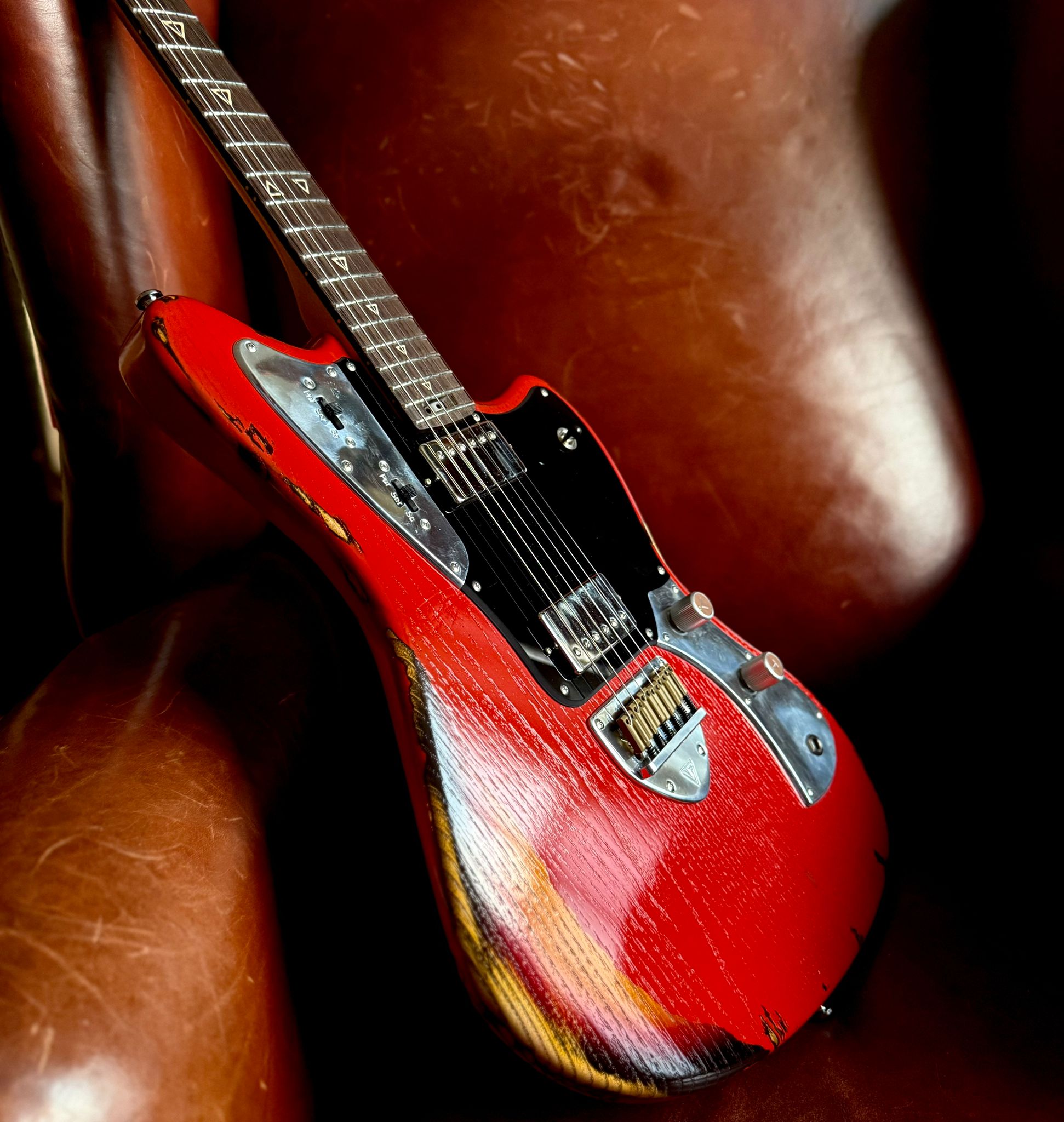
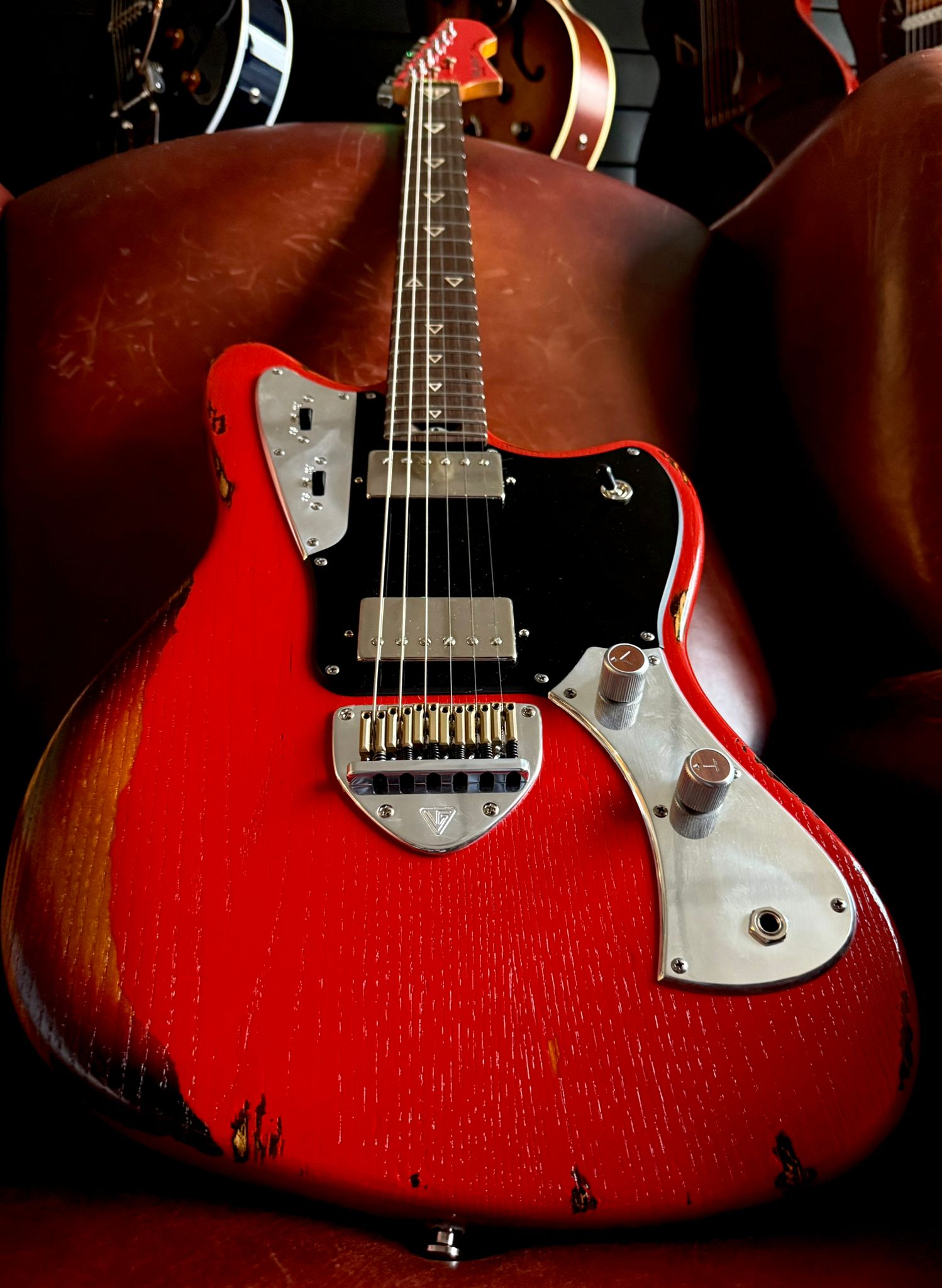
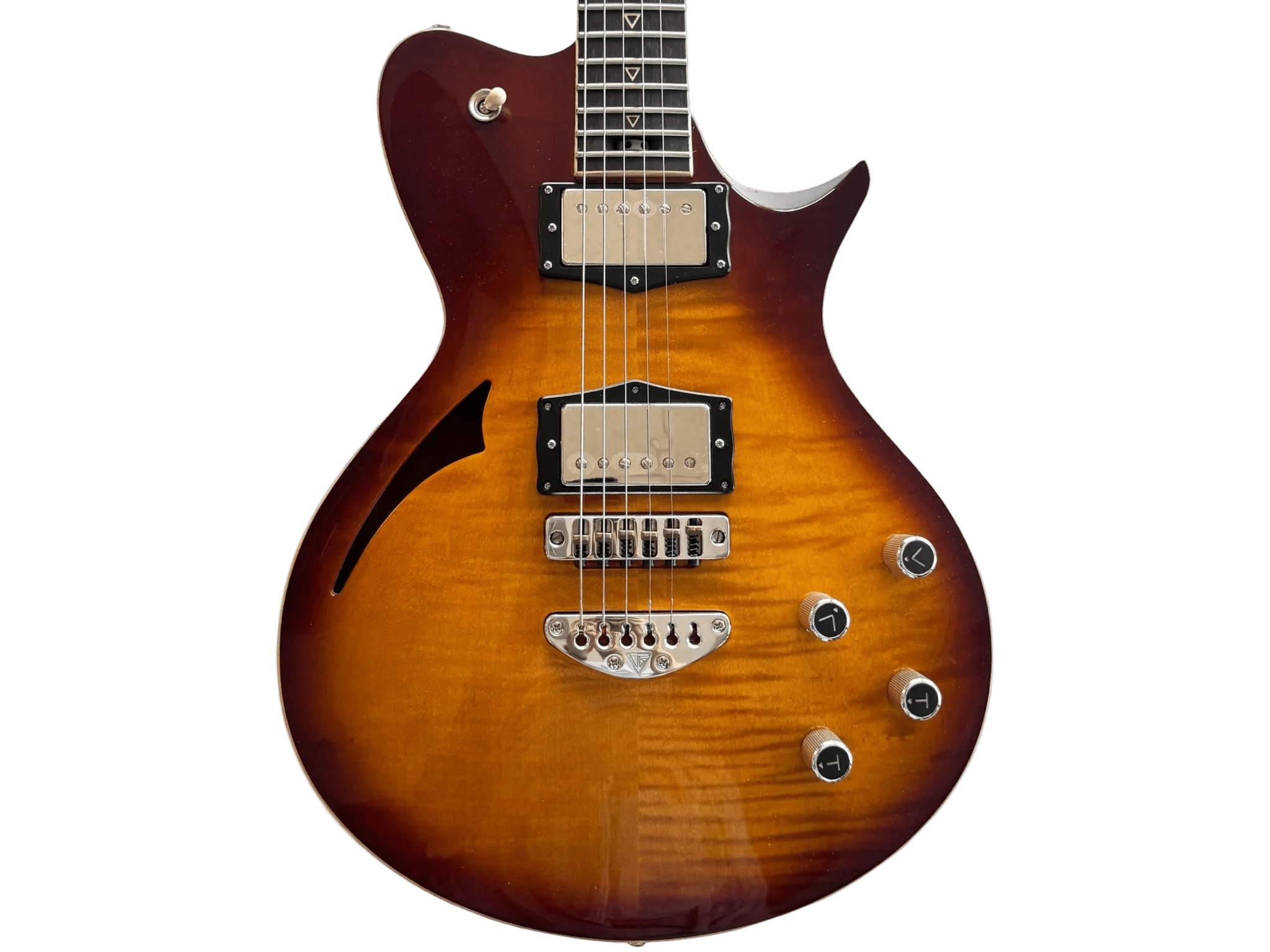
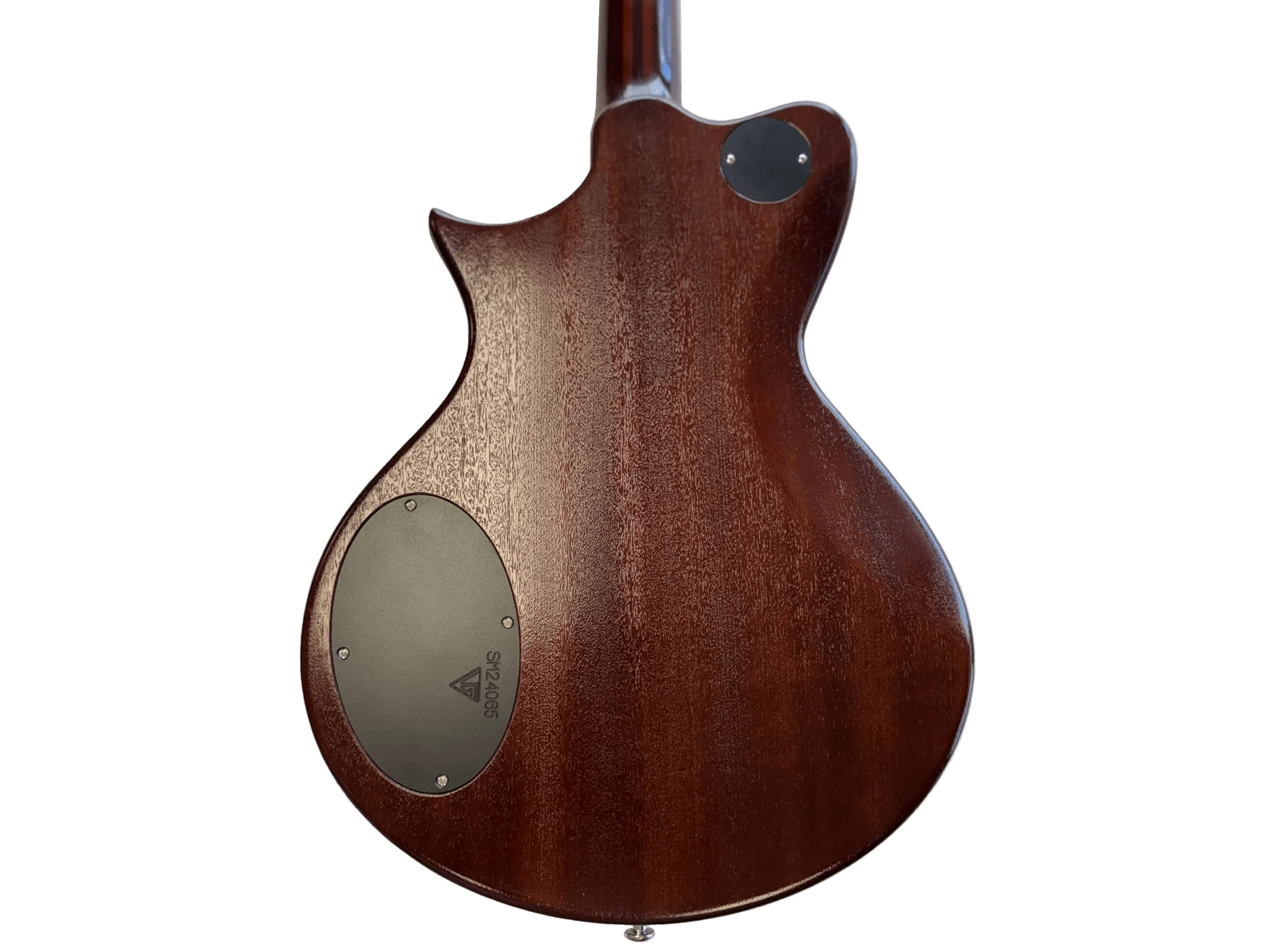
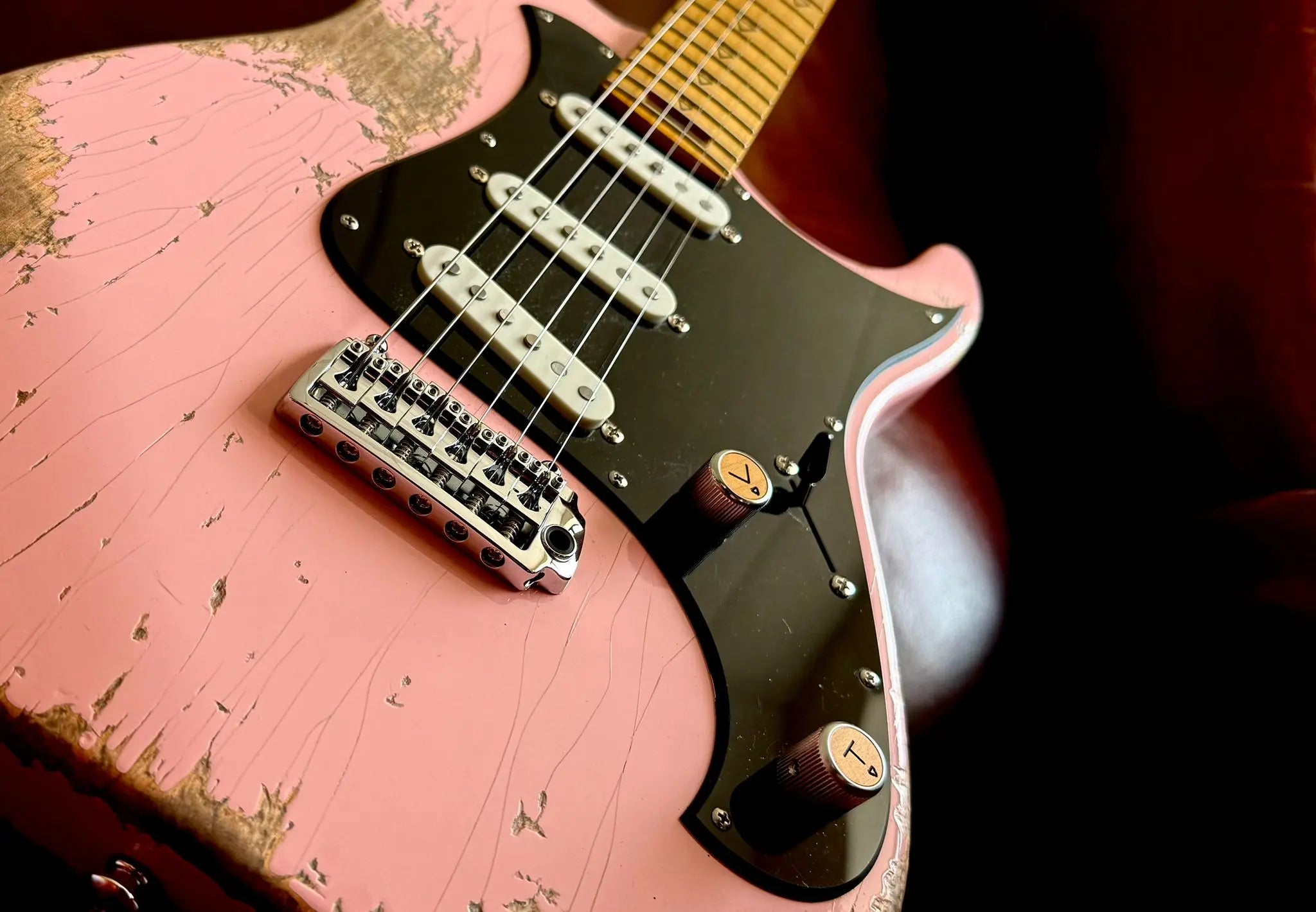
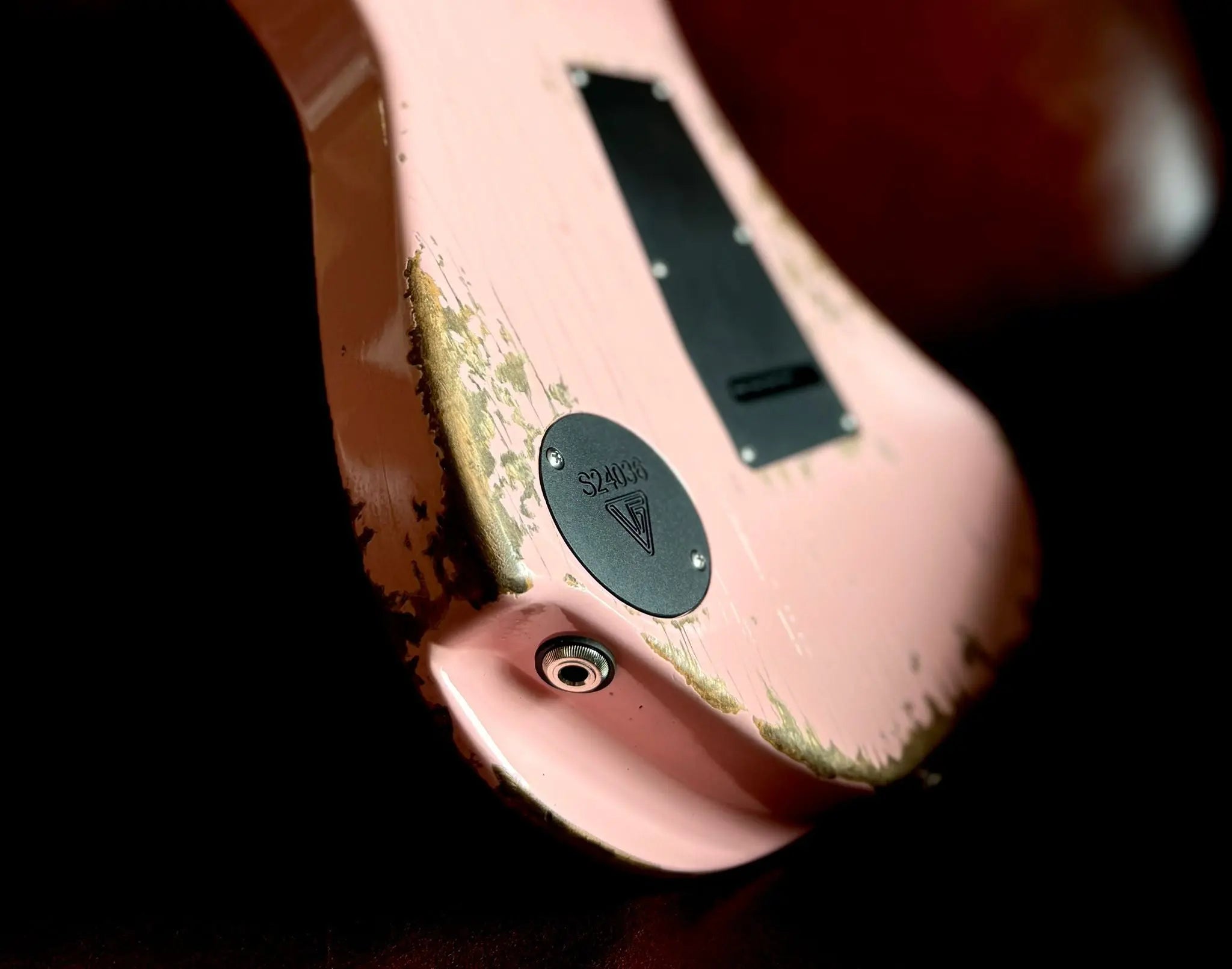




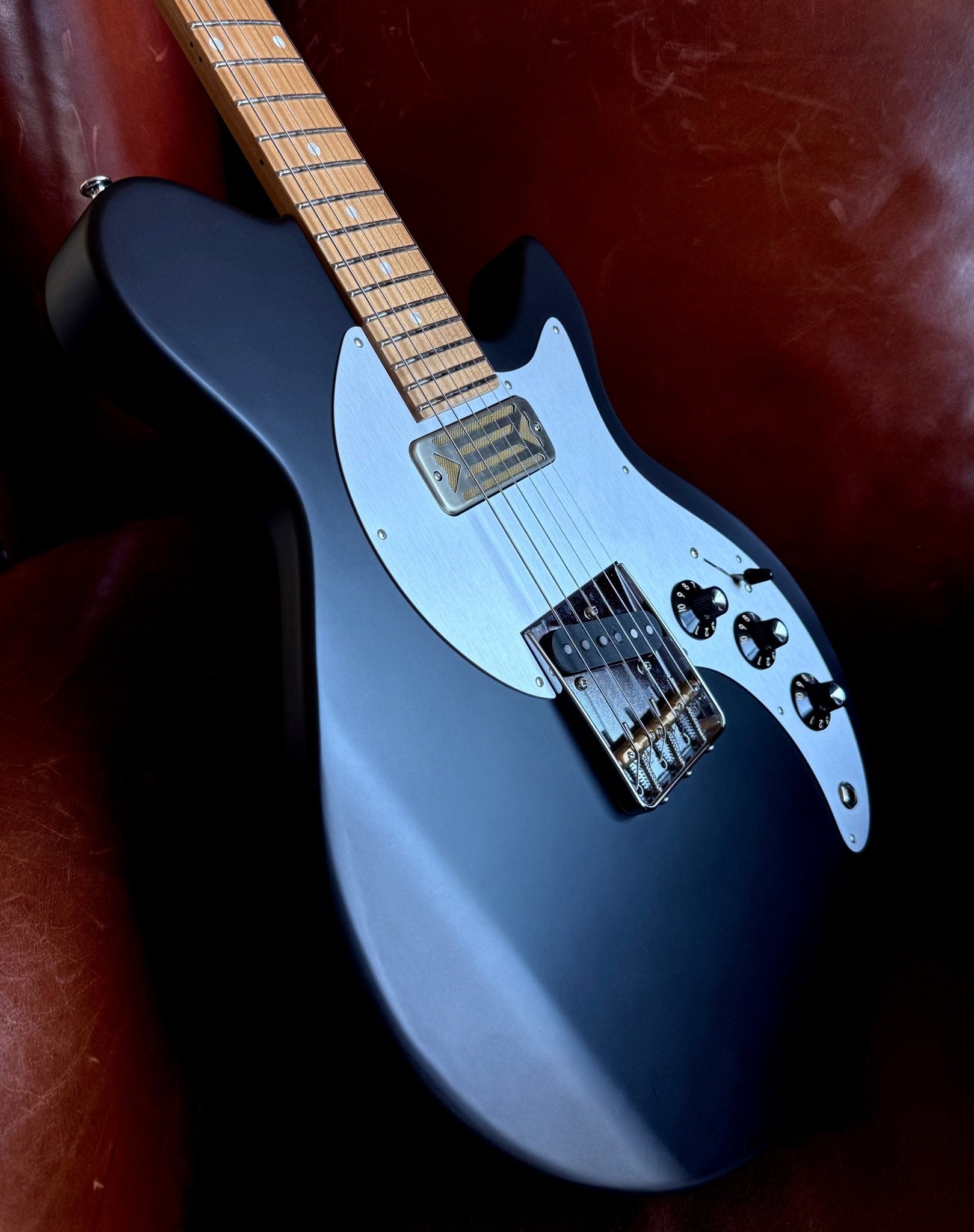
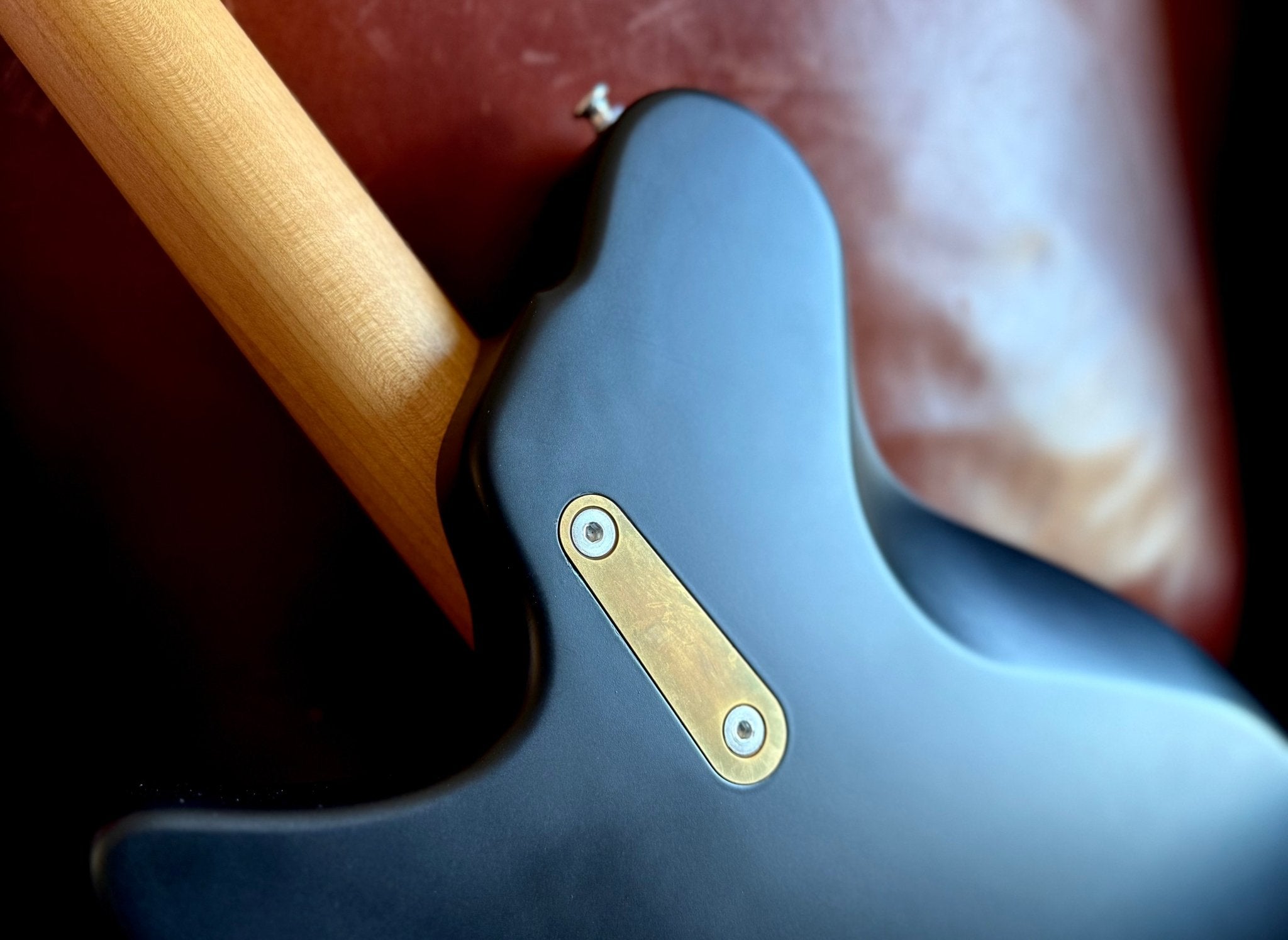
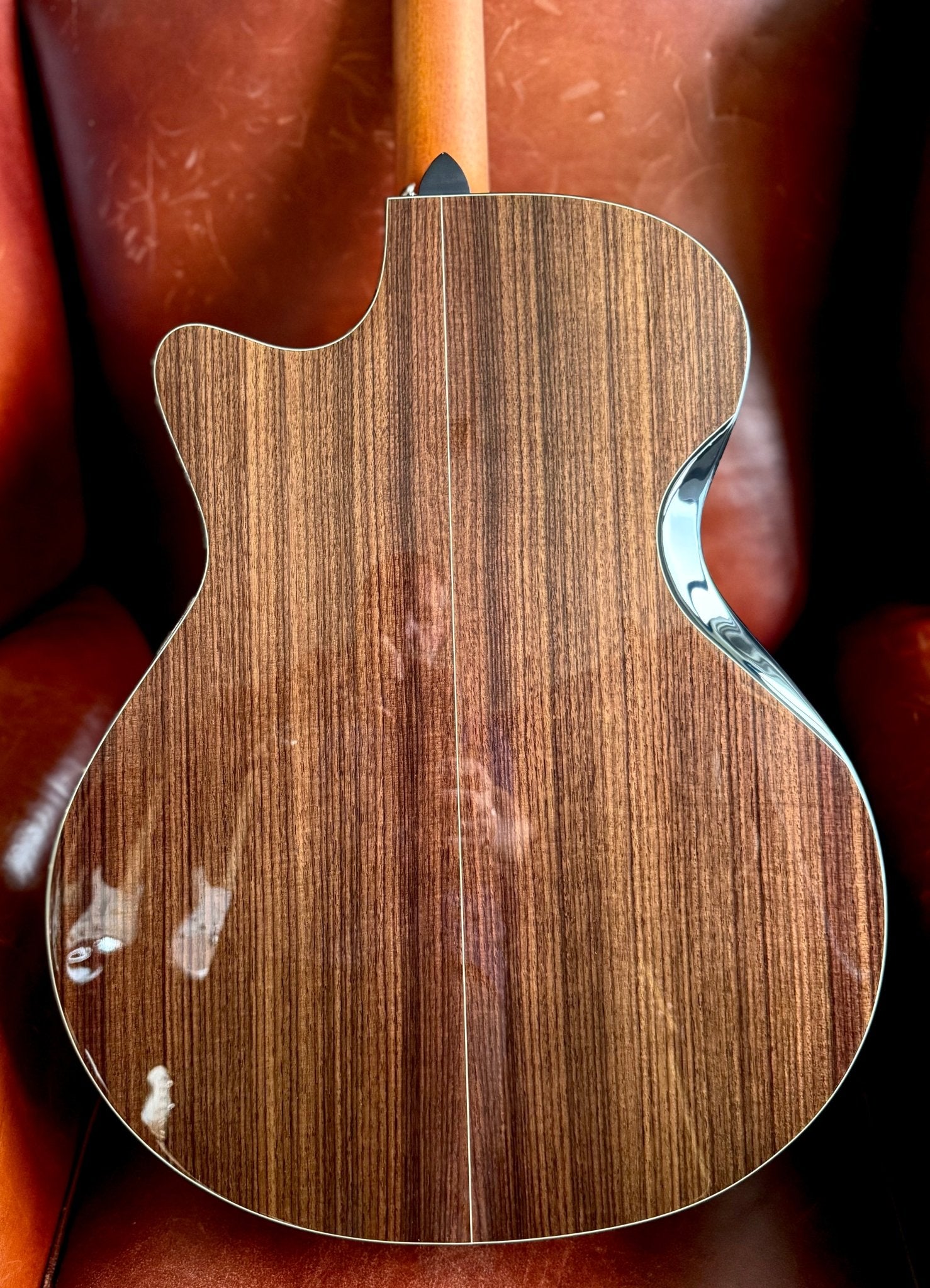
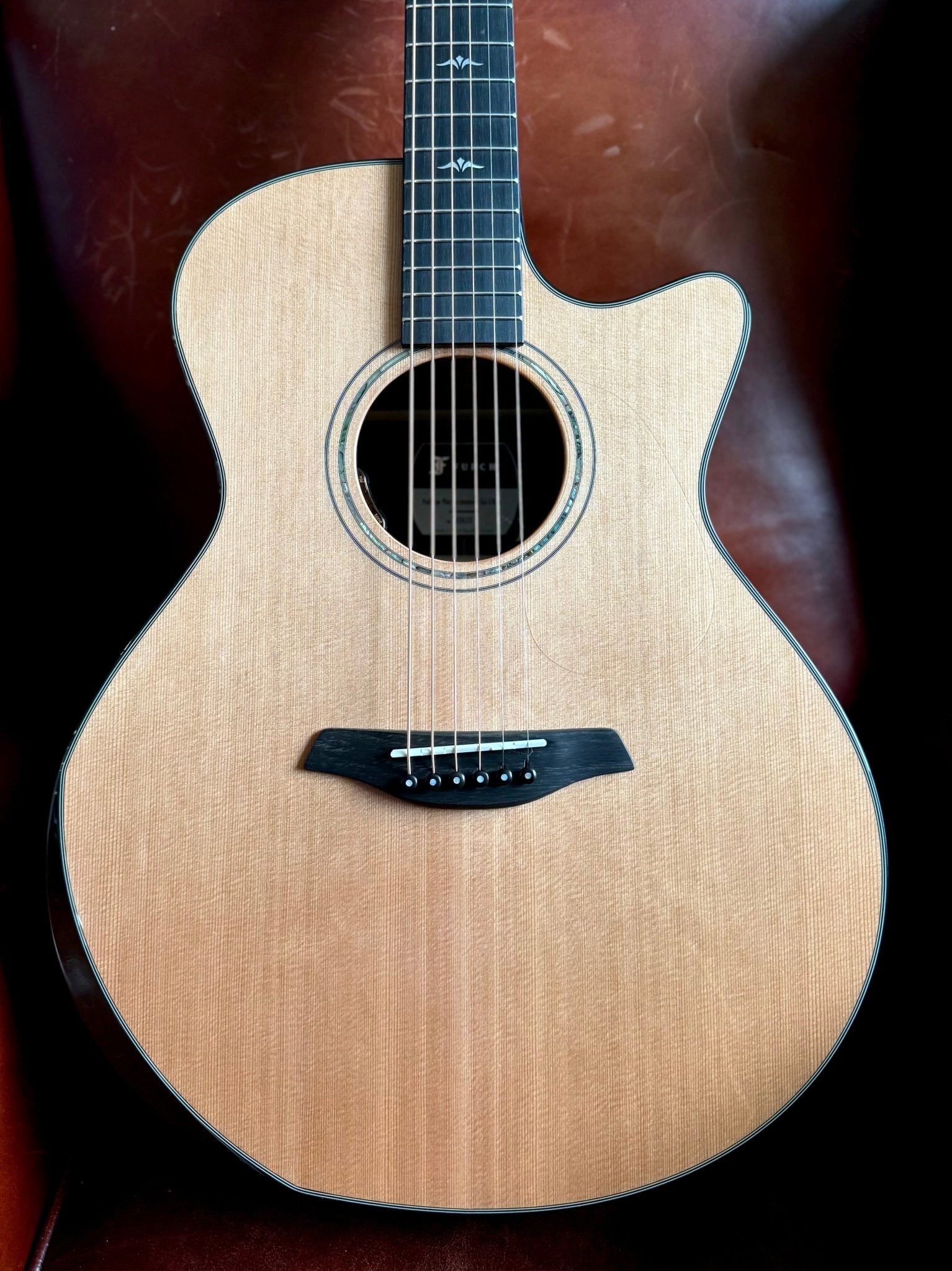
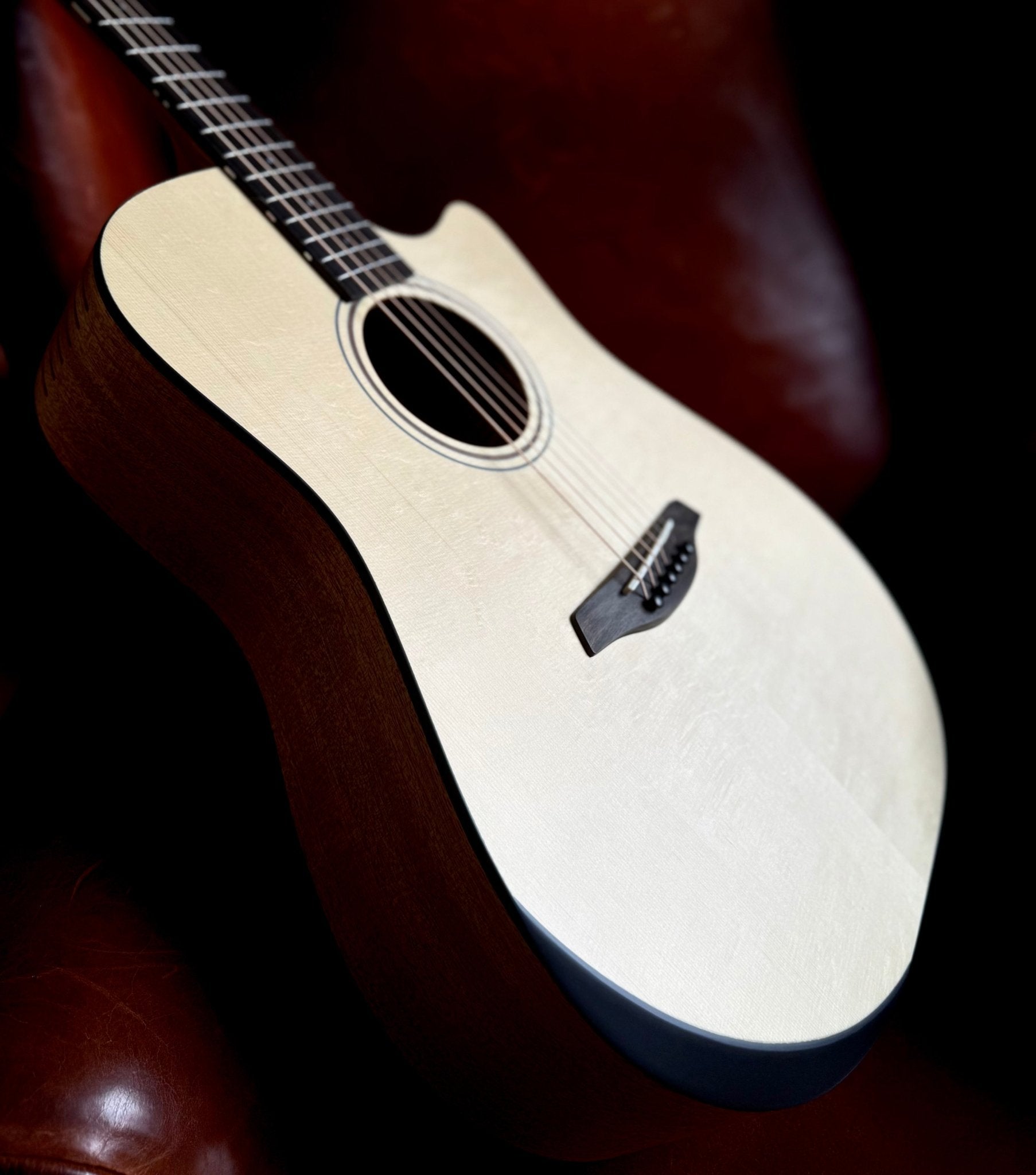
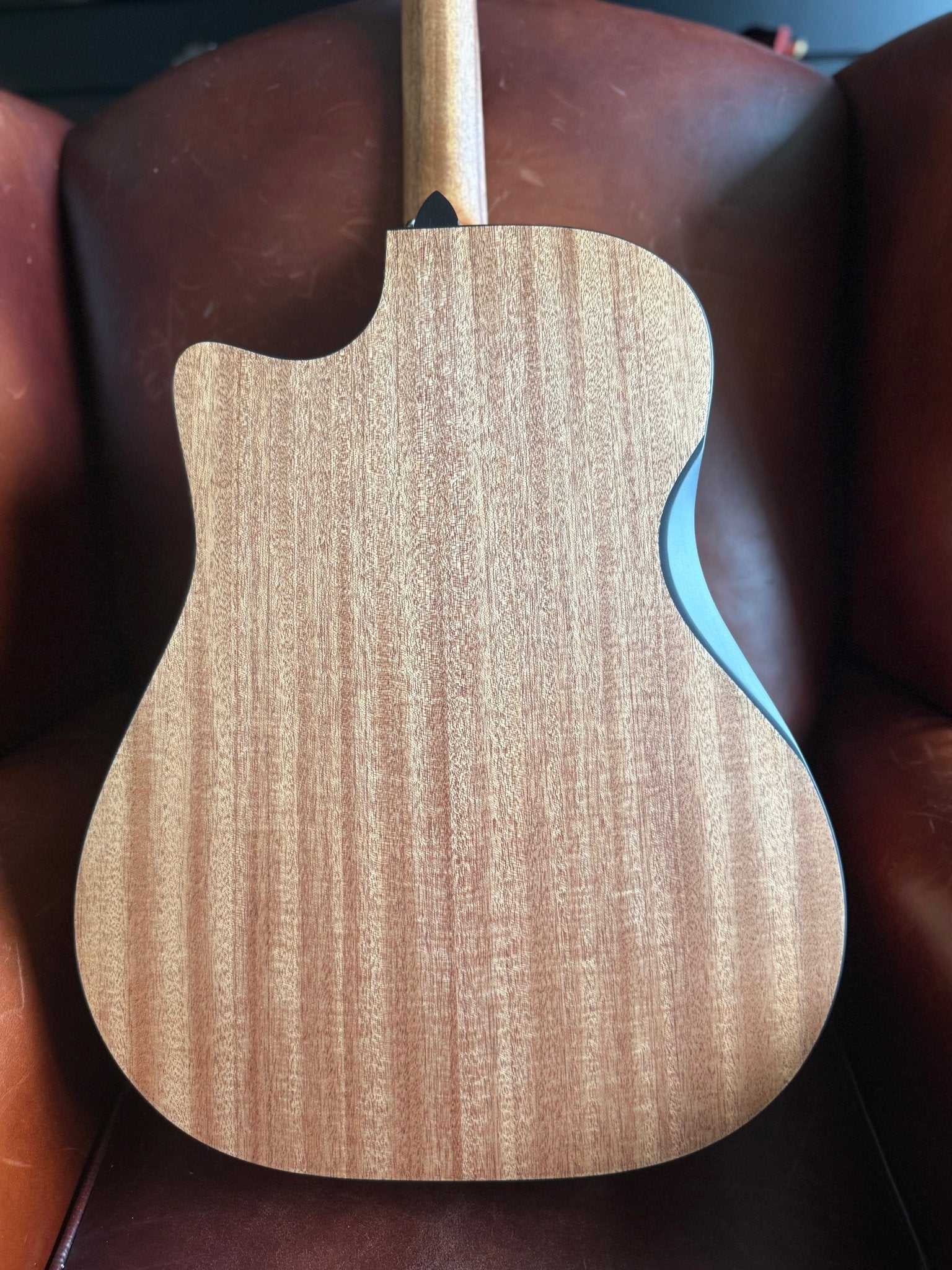
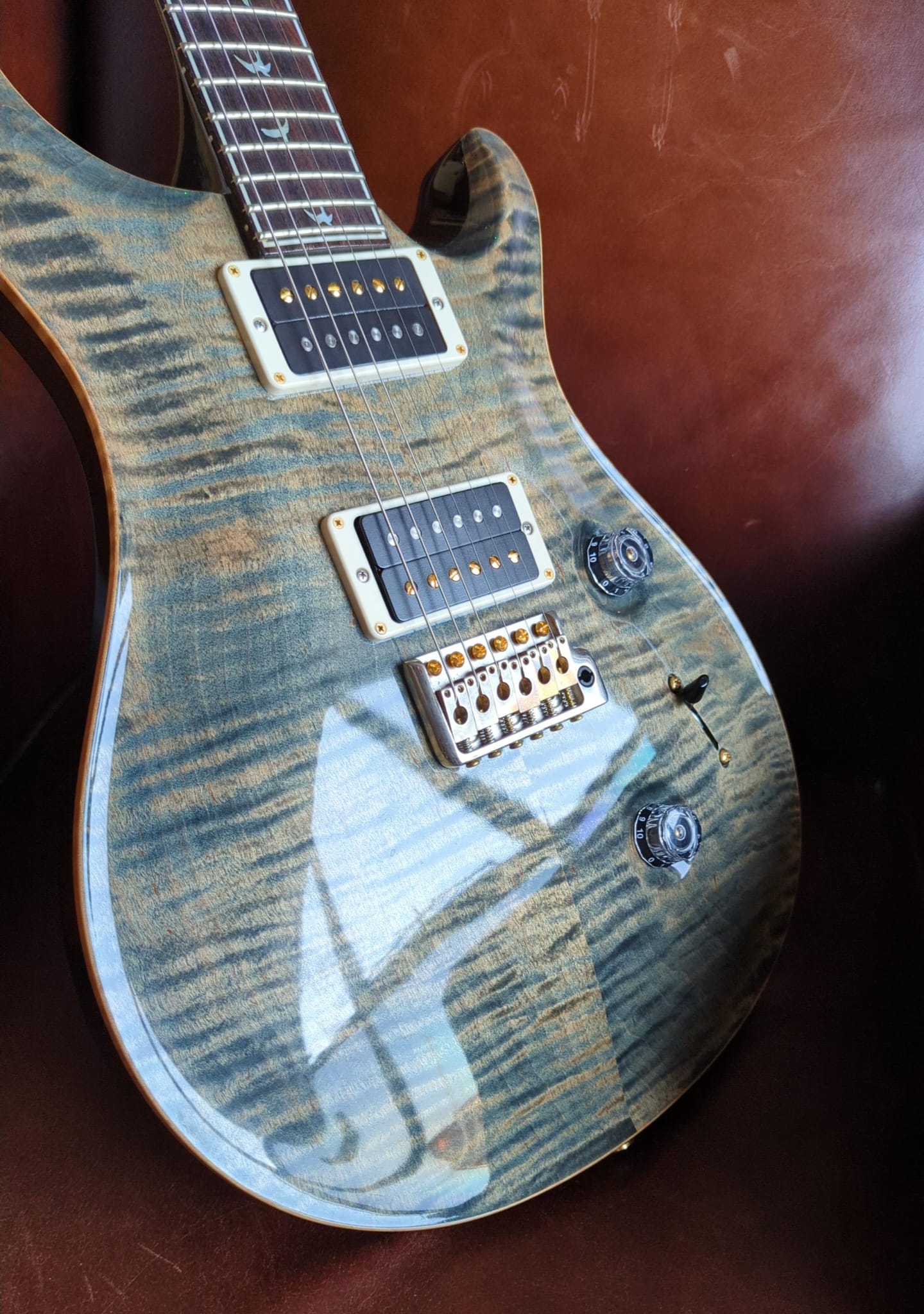
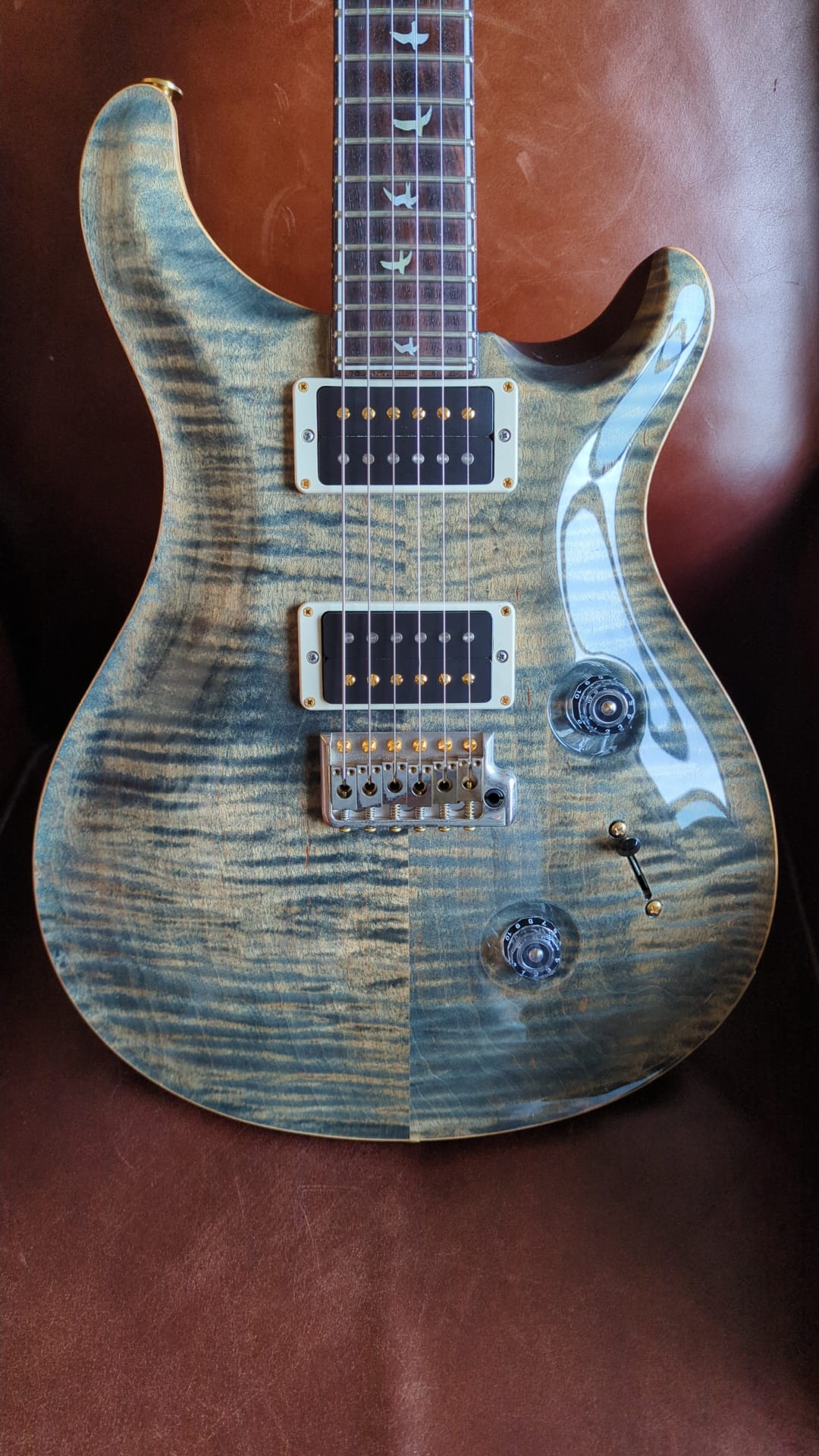
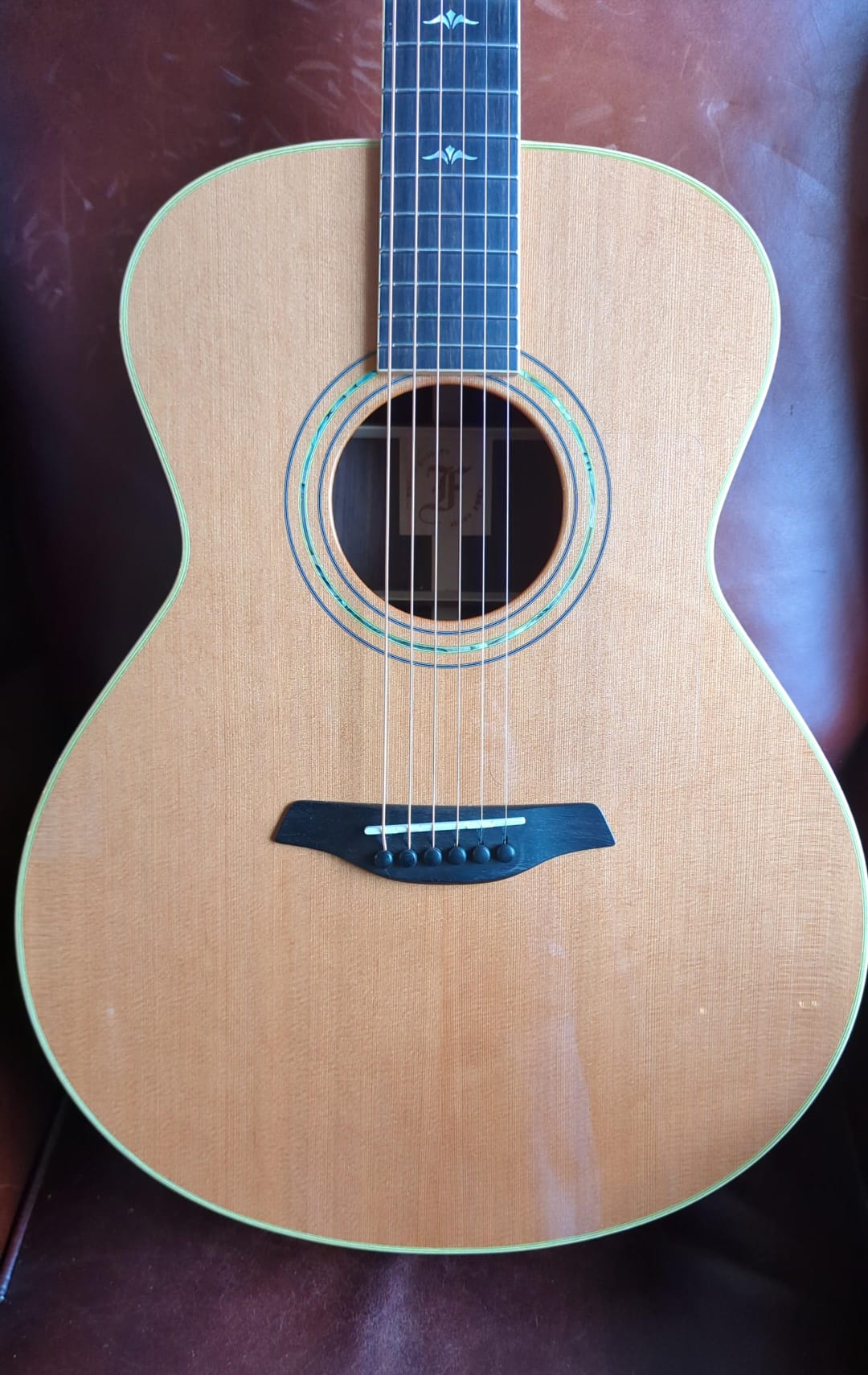
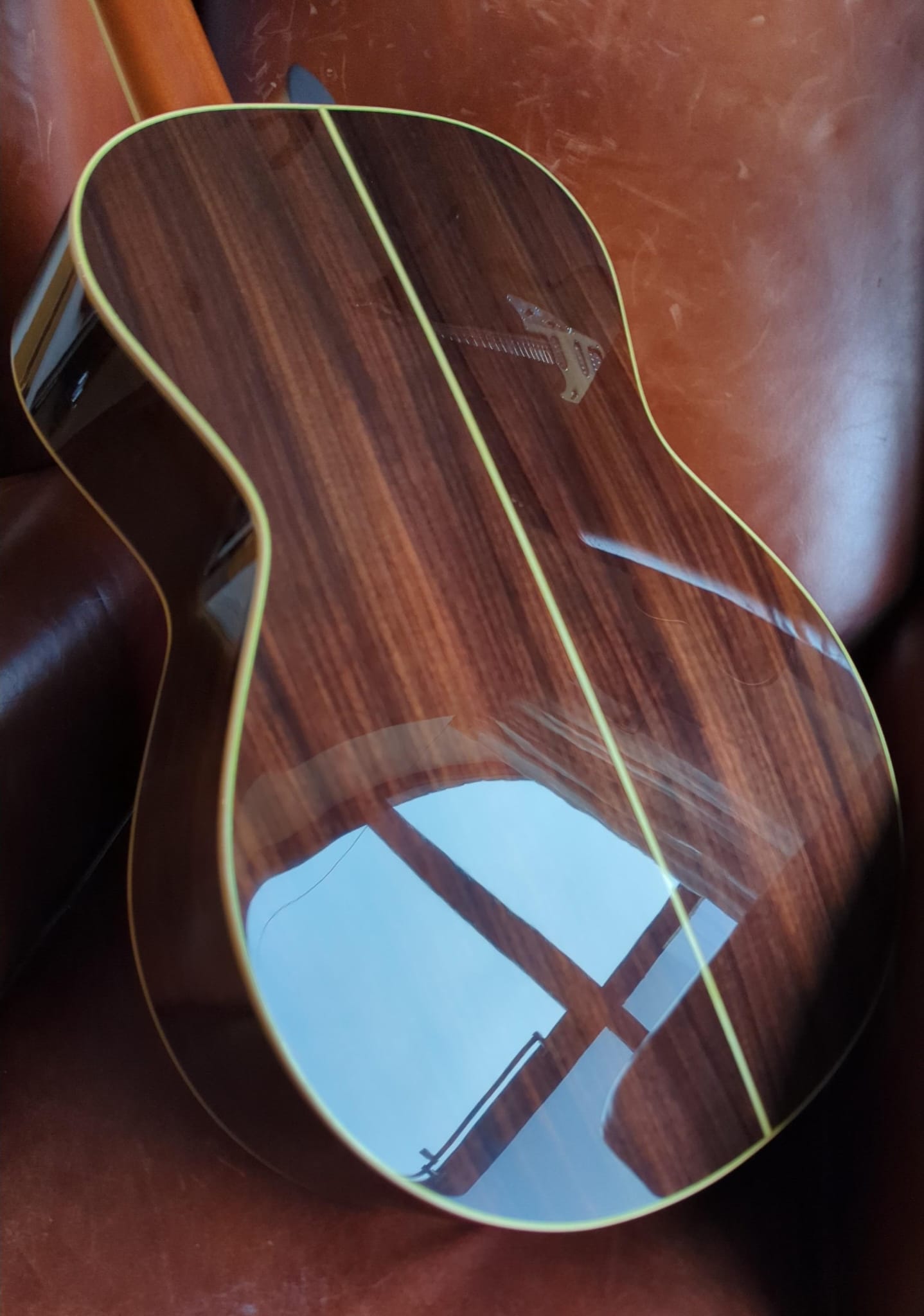
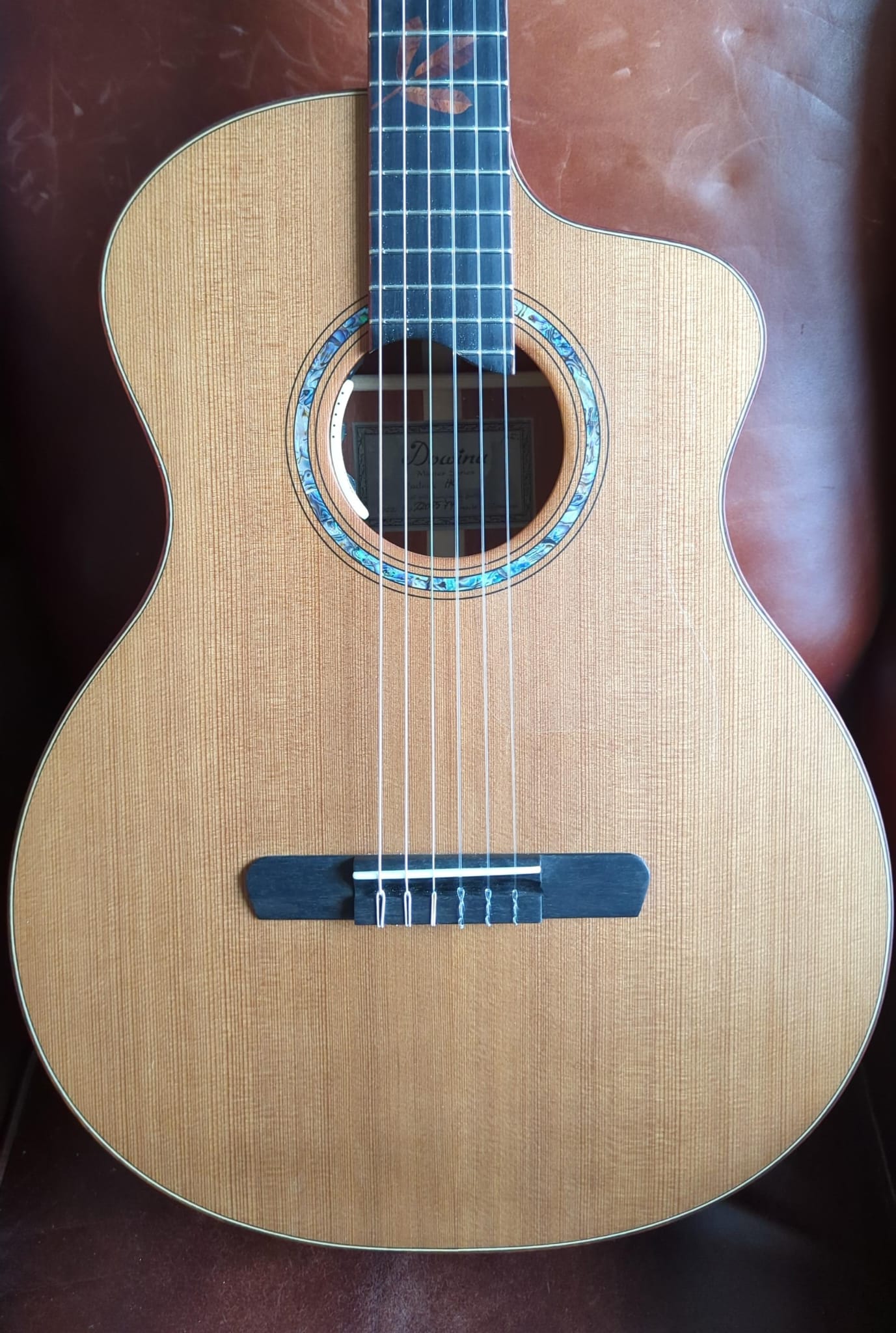
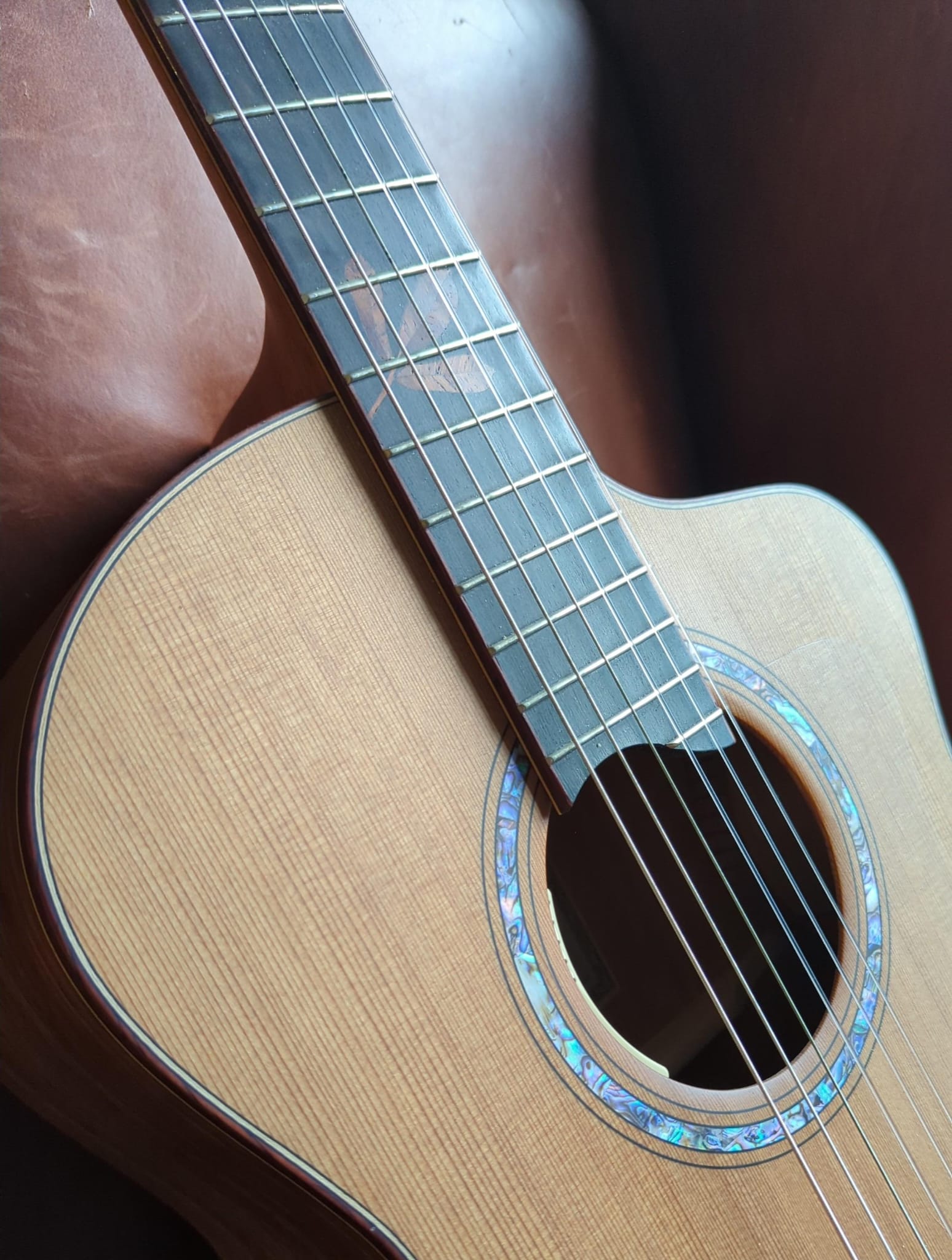
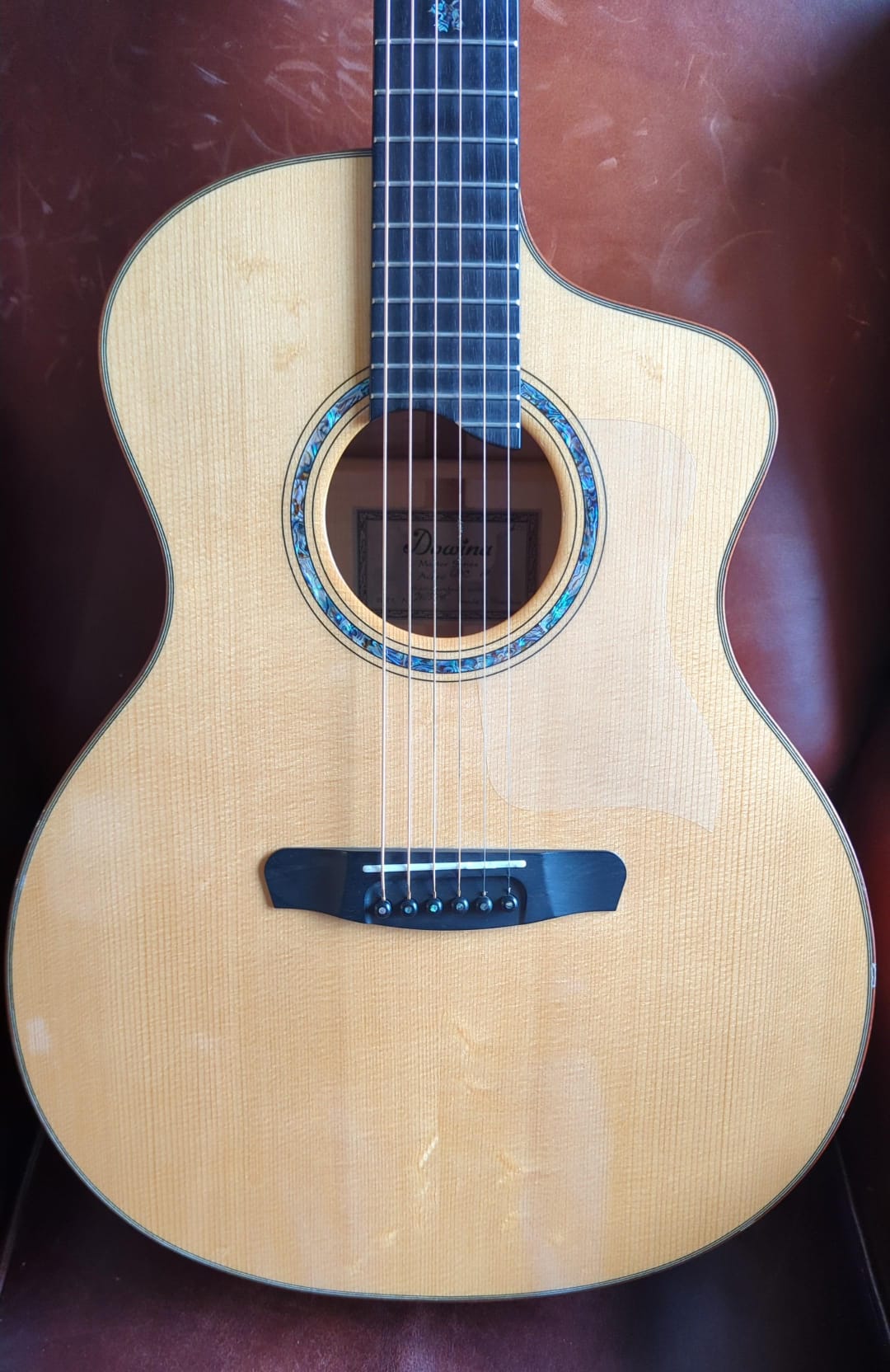
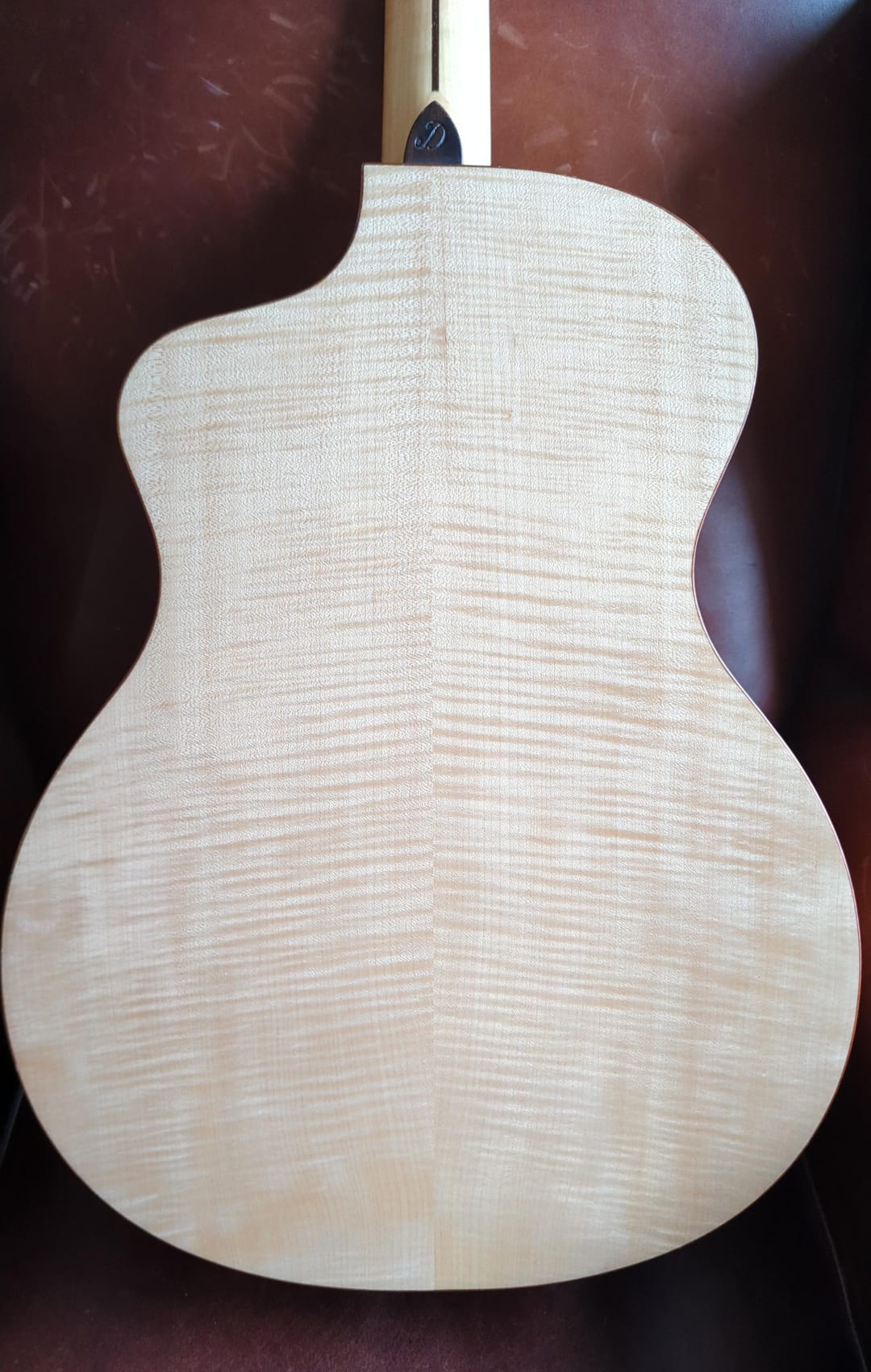
![Gordon Smith GS2 Deluxe Export 2019 [used] A1 Condition - Richards Guitars Of Stratford Upon Avon](http://rguitars.co.uk/cdn/shop/files/gordon-smith-gs2-deluxe-export-2019-used-a1-condition-4323398.jpg?v=1766153718&width=1072)
![Gordon Smith GS2 Deluxe Export 2019 [used] A1 Condition - Richards Guitars Of Stratford Upon Avon](http://rguitars.co.uk/cdn/shop/files/gordon-smith-gs2-deluxe-export-2019-used-a1-condition-9502671.jpg?v=1766153718&width=899)
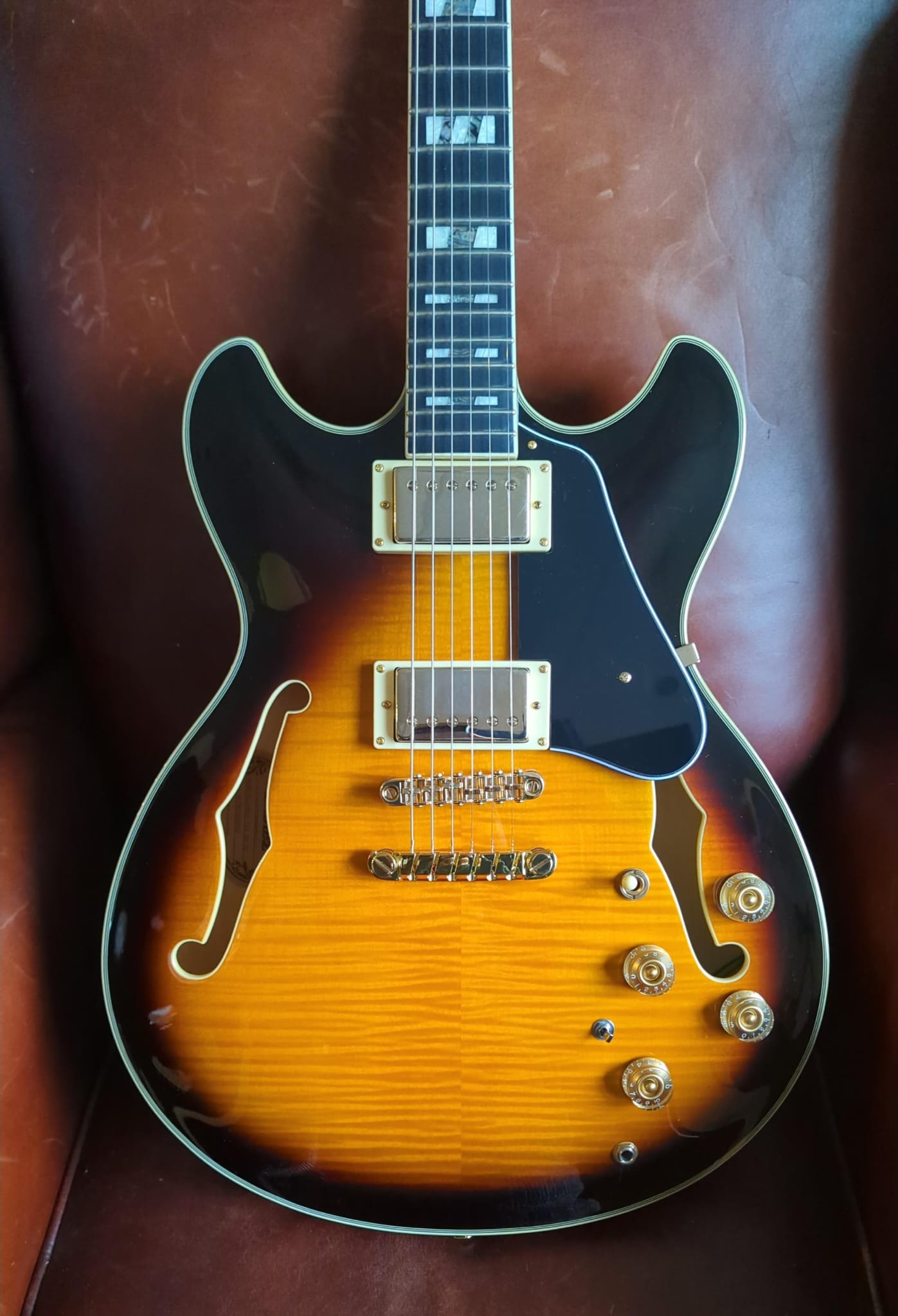
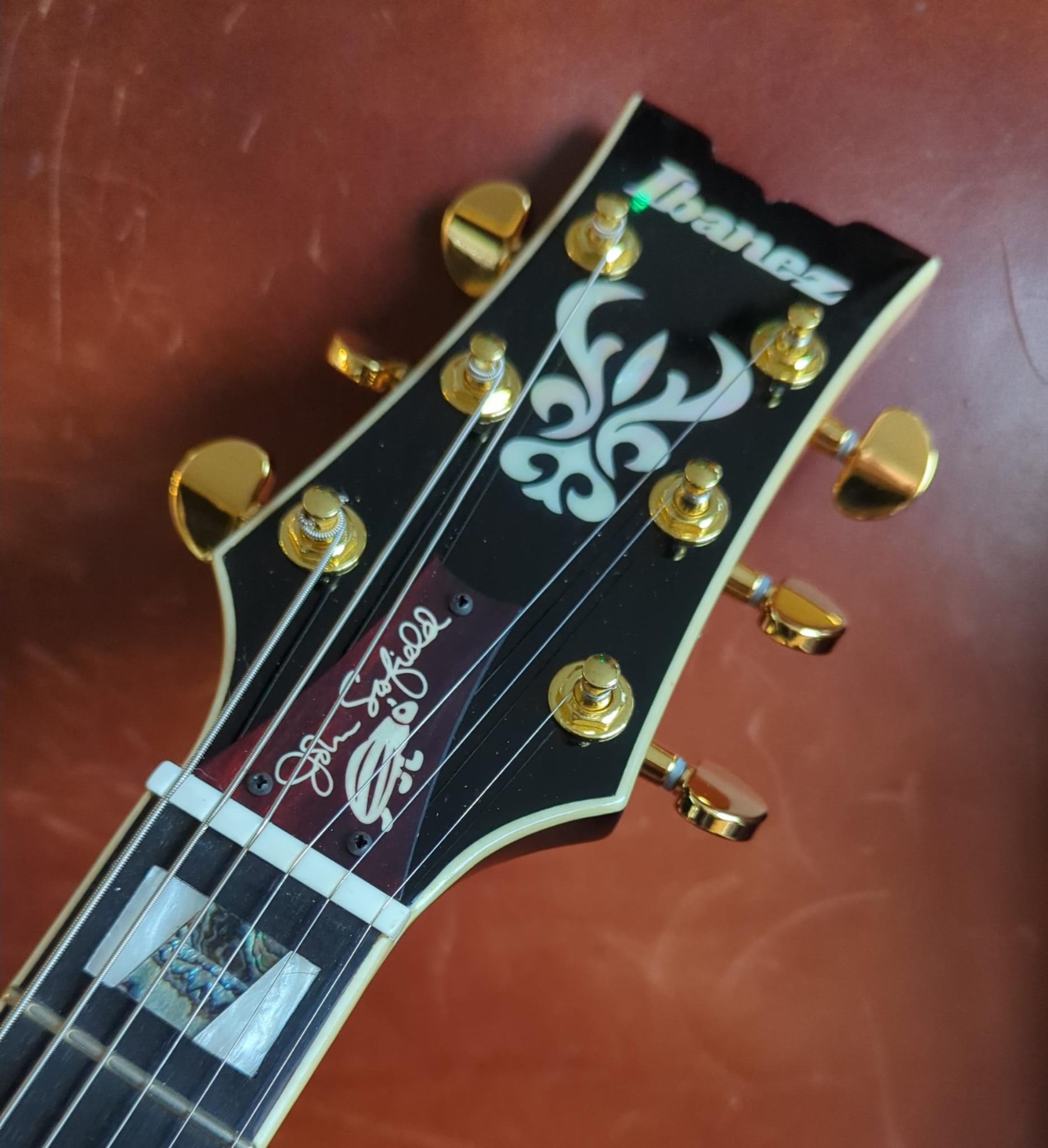
![G&L USA Made ASAT - late 80s/early 90s [Used] - Richards Guitars Of Stratford Upon Avon](http://rguitars.co.uk/cdn/shop/files/gl-usa-made-asat-late-80searly-90s-used-1091932.jpg?v=1761670676&width=1378)
![G&L USA Made ASAT - late 80s/early 90s [Used] - Richards Guitars Of Stratford Upon Avon](http://rguitars.co.uk/cdn/shop/files/gl-usa-made-asat-late-80searly-90s-used-7964817.jpg?v=1761670677&width=1828)
![Eastman AC630 - SB [Used] - Richards Guitars Of Stratford Upon Avon](http://rguitars.co.uk/cdn/shop/files/eastman-ac630-sb-used-5743157.jpg?v=1760421581&width=1080)
![Eastman AC630 - SB [Used] - Richards Guitars Of Stratford Upon Avon](http://rguitars.co.uk/cdn/shop/files/eastman-ac630-sb-used-2967411.jpg?v=1760421593&width=1569)
![Fender American Professional II Jazzmaster - Dark Night [Used] guitar for sale uk](http://rguitars.co.uk/cdn/shop/files/fender-american-professional-ii-jazzmaster-dark-night-used-6840250.jpg?v=1760421430&width=1602)
![Fender American Professional II Jazzmaster - Dark Night [Used] guitar for sale uk](http://rguitars.co.uk/cdn/shop/files/fender-american-professional-ii-jazzmaster-dark-night-used-4375294.jpg?v=1760421432&width=1476)
![Guild Brian May "Red Special" Limited Edition - early 90s - One of 1000 [Used] guitar for sale uk](http://rguitars.co.uk/cdn/shop/files/guild-brian-may-red-special-limited-edition-early-90s-one-of-1000-used-6139630.jpg?v=1760421357&width=1492)
![Guild Brian May "Red Special" Limited Edition - early 90s - One of 1000 [Used] guitar for sale uk](http://rguitars.co.uk/cdn/shop/files/guild-brian-may-red-special-limited-edition-early-90s-one-of-1000-used-9797150.jpg?v=1760421365&width=1644)
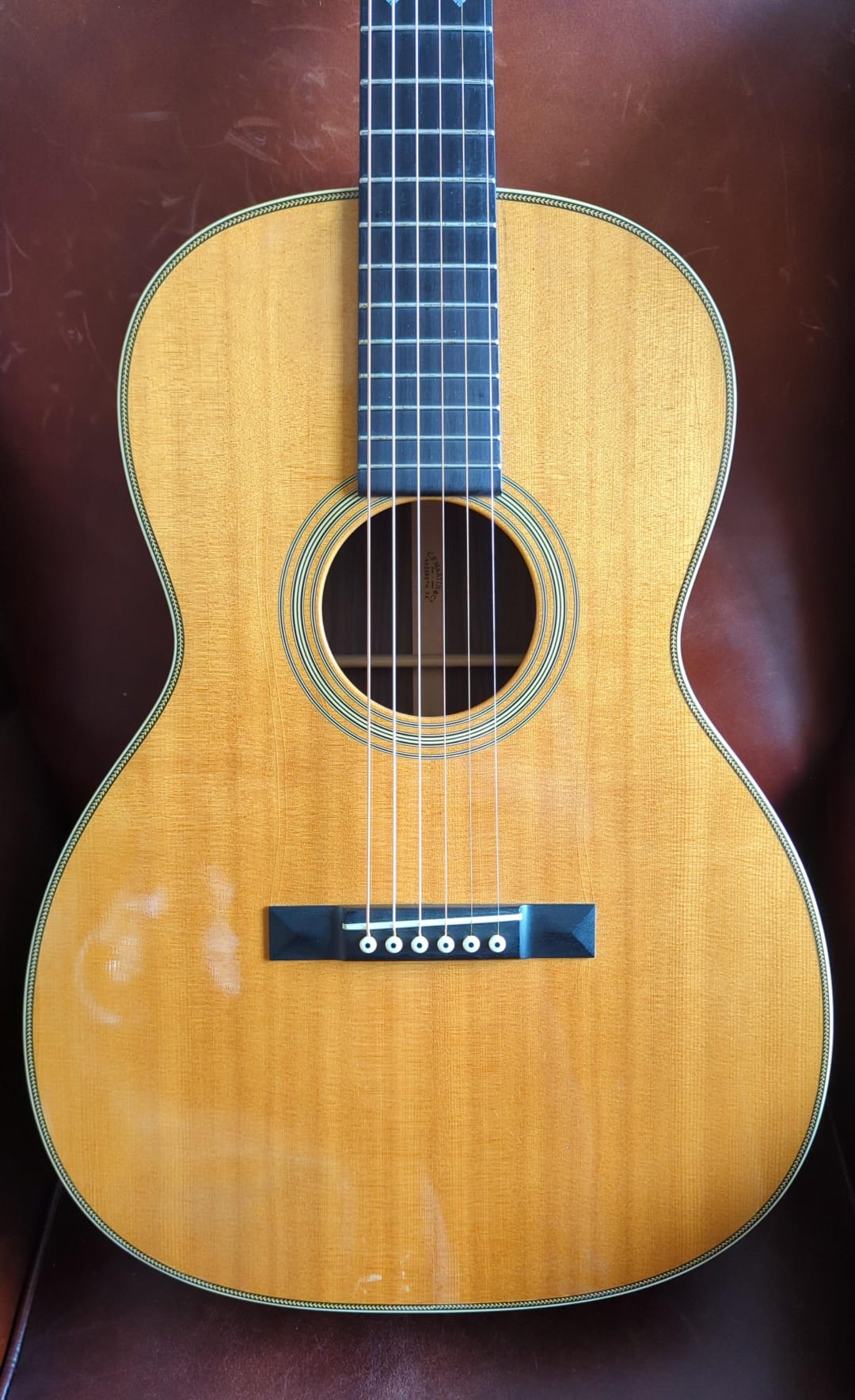
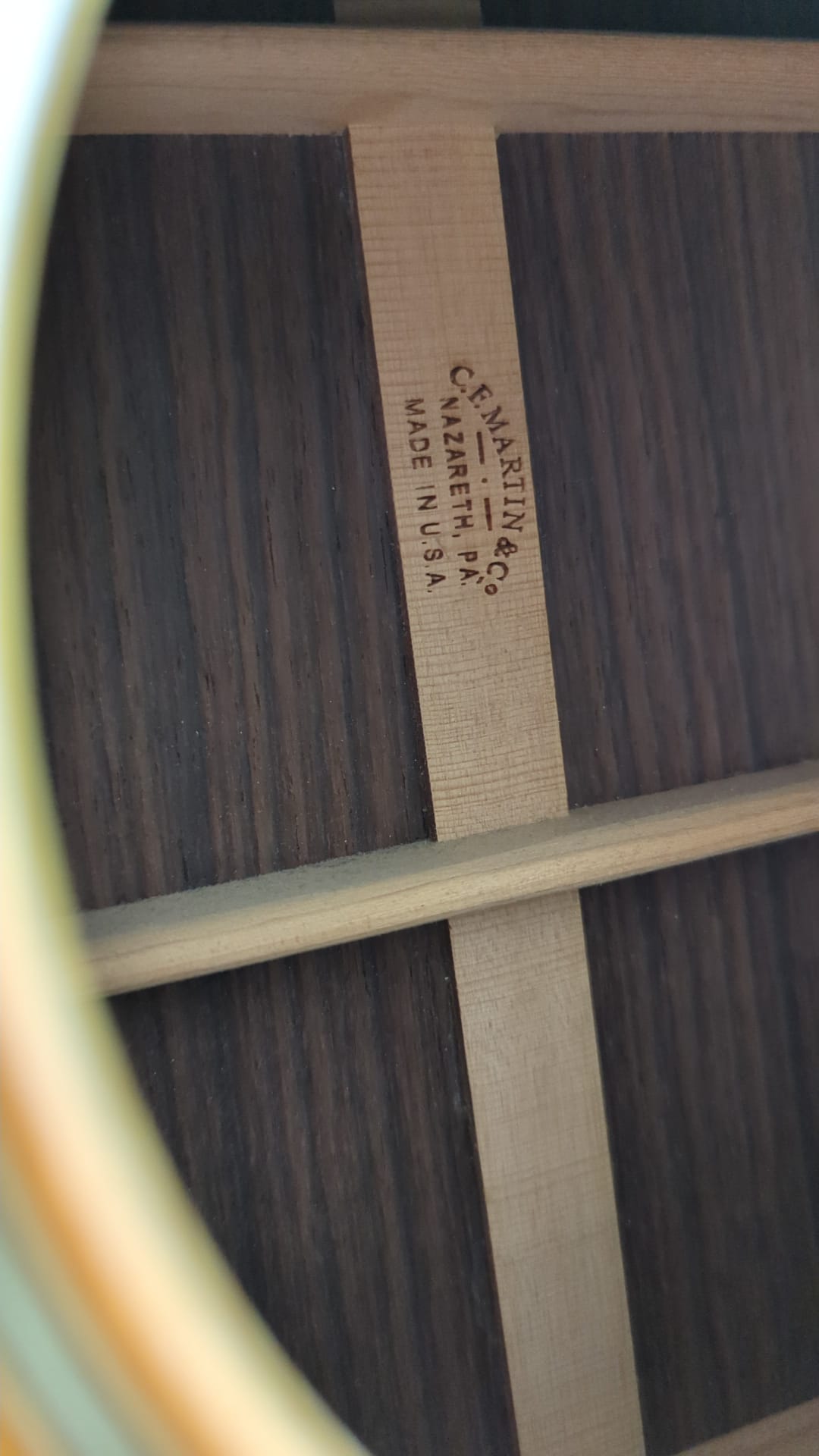
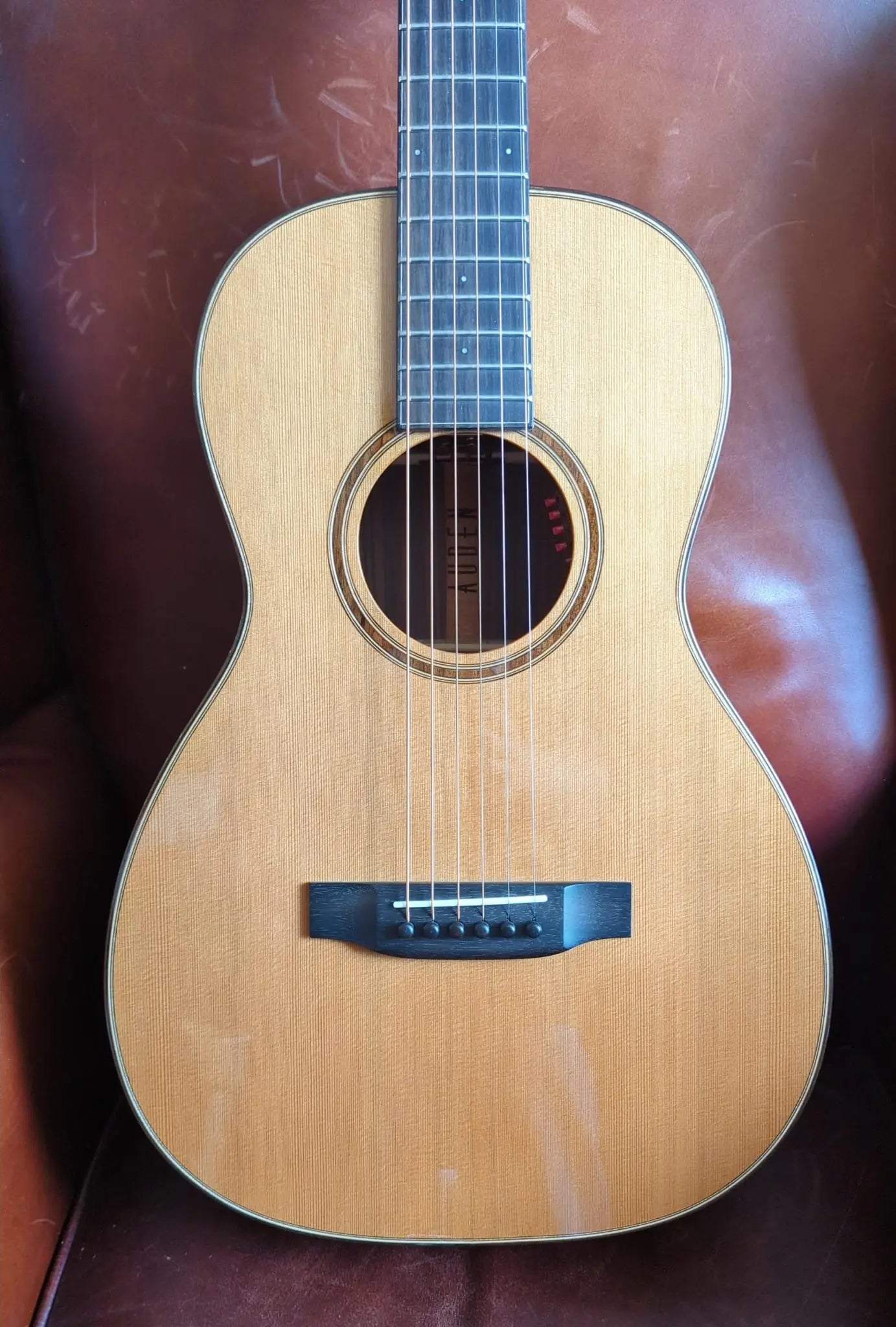
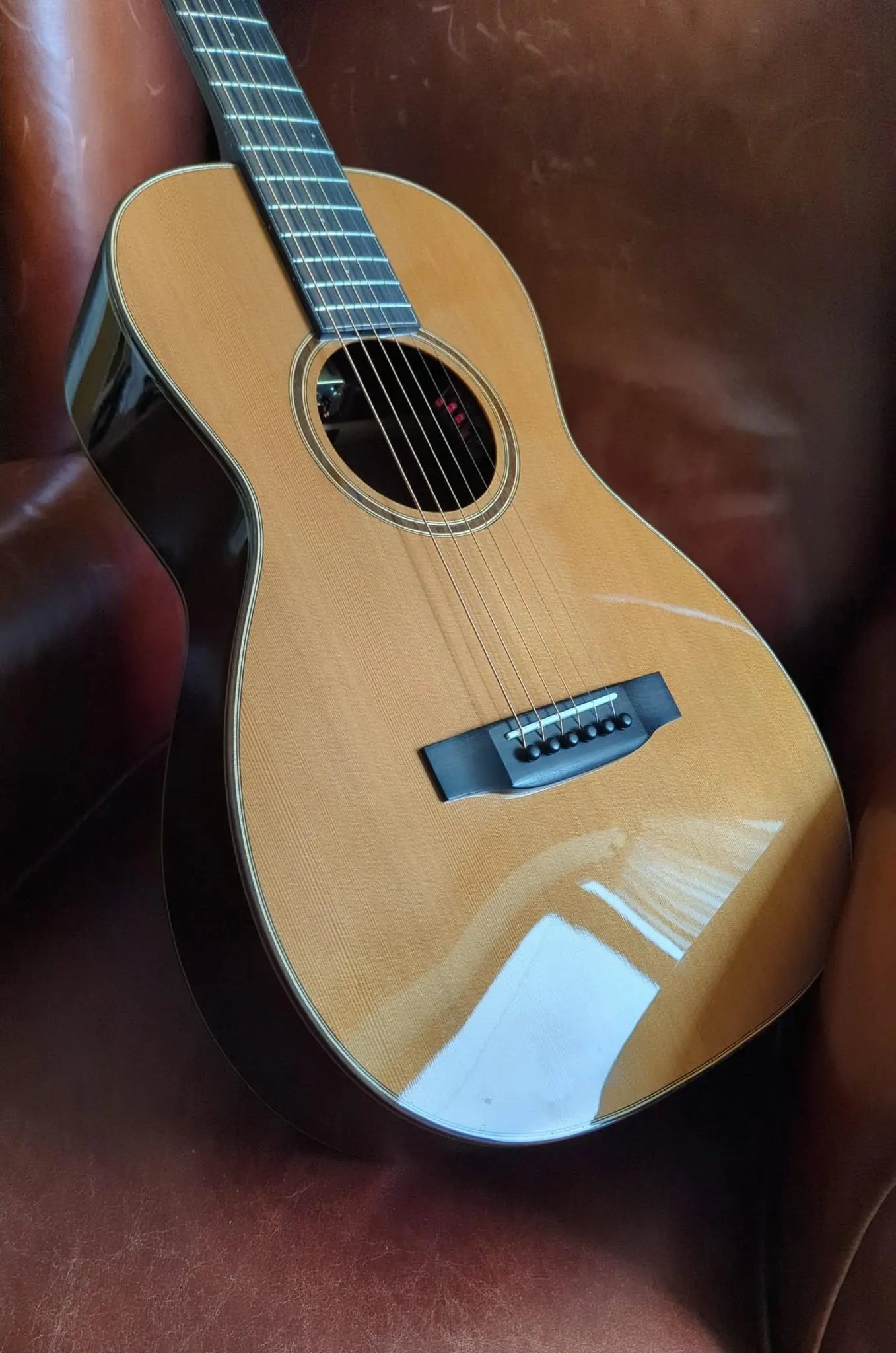
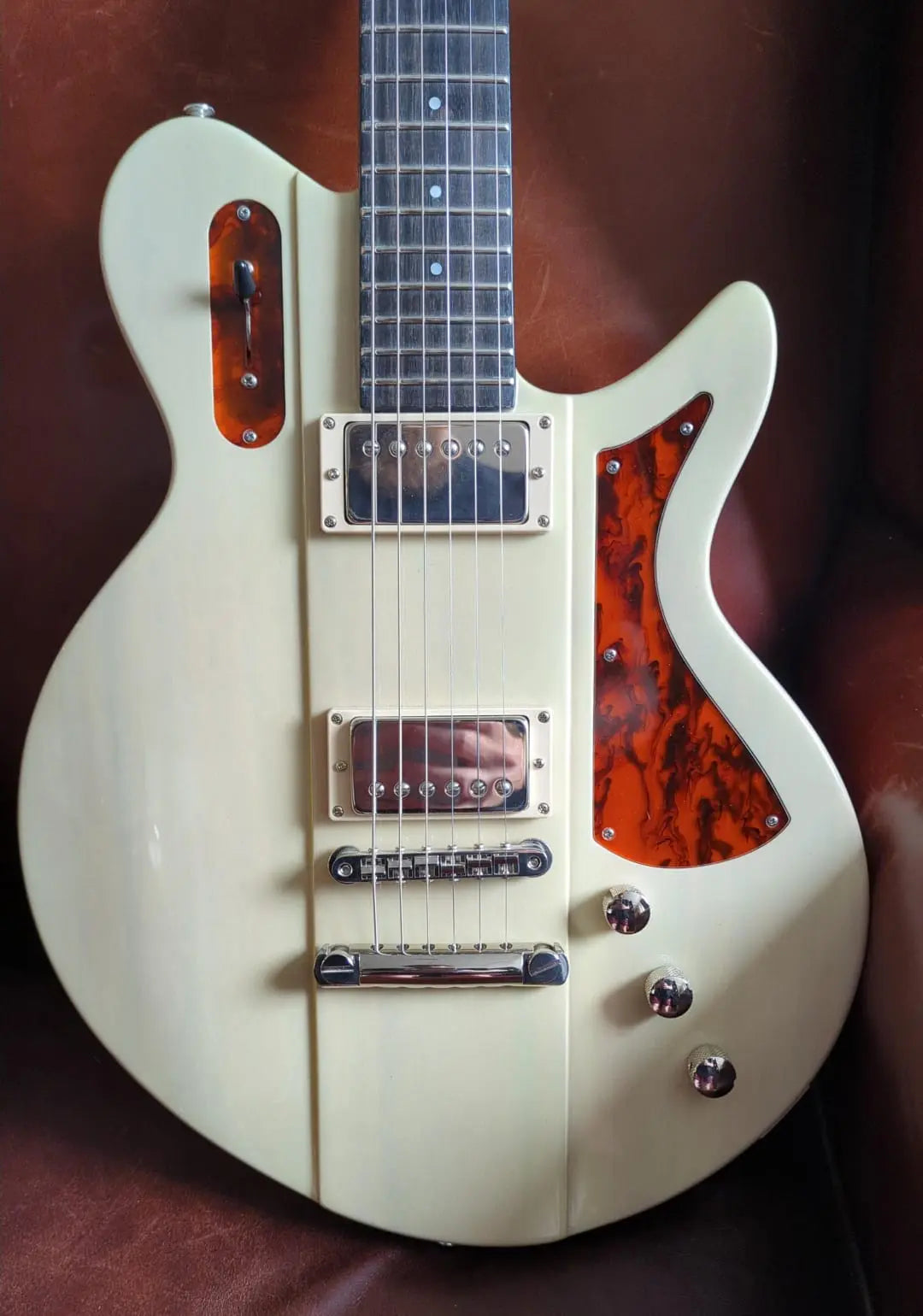
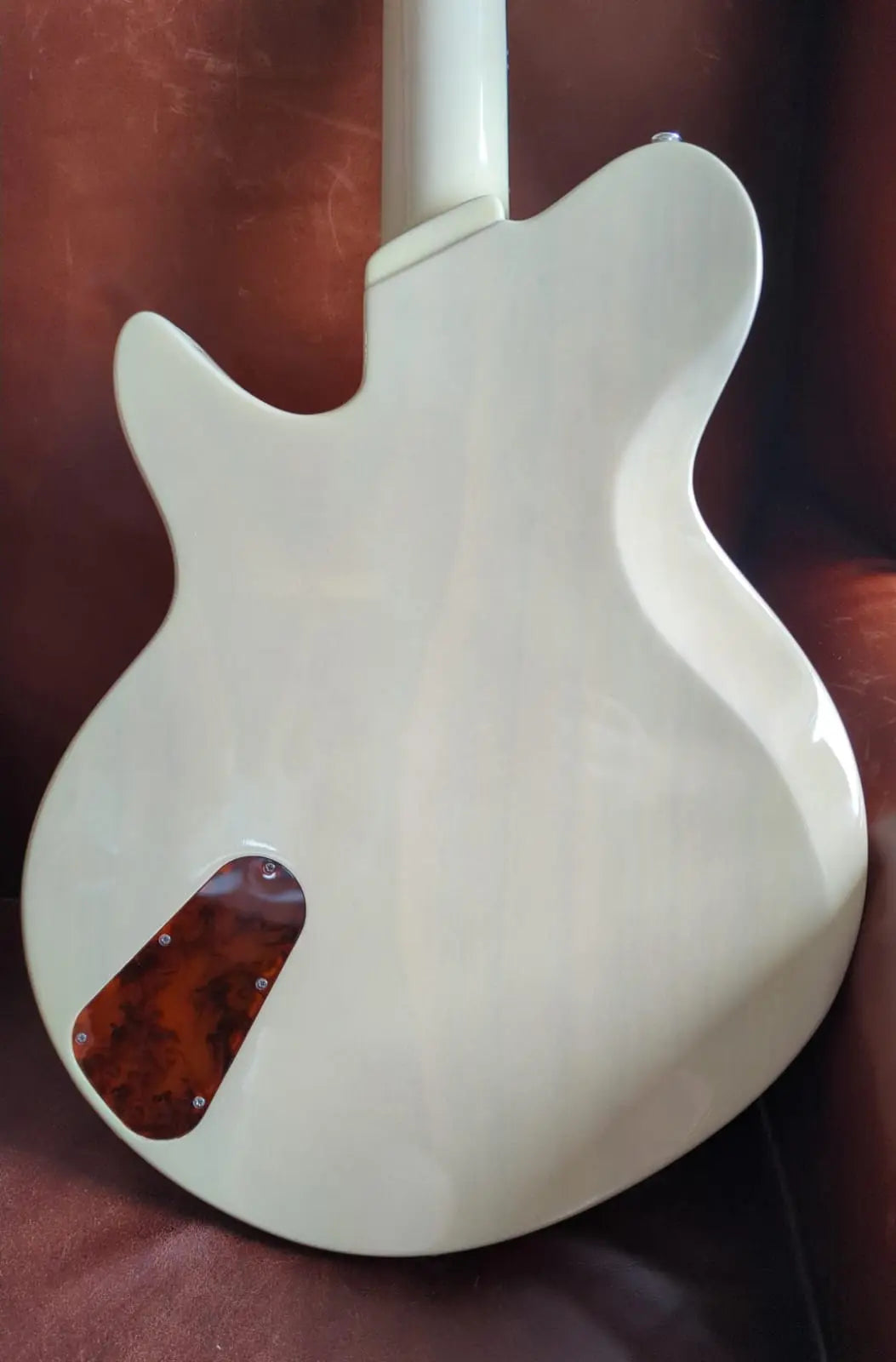
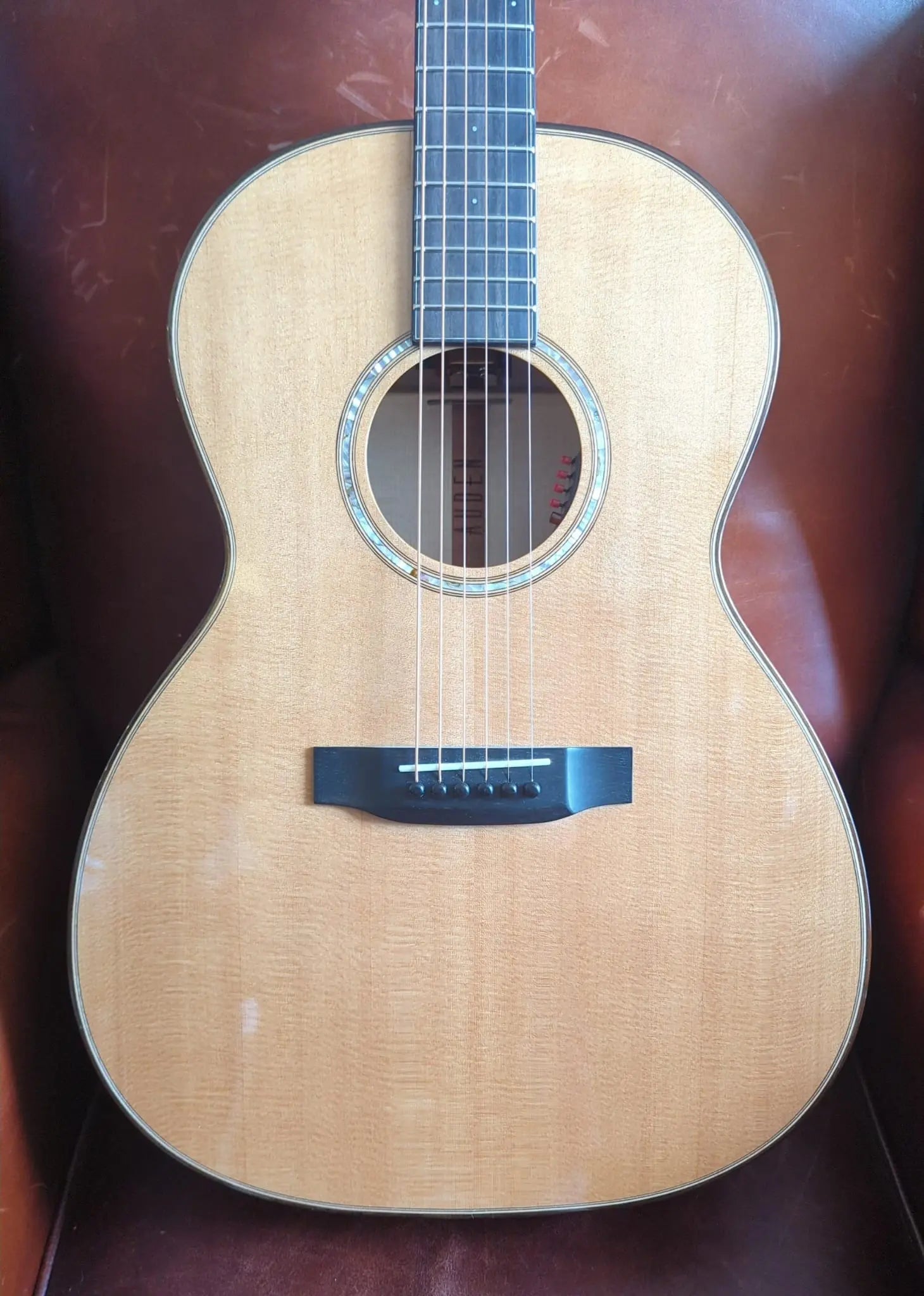
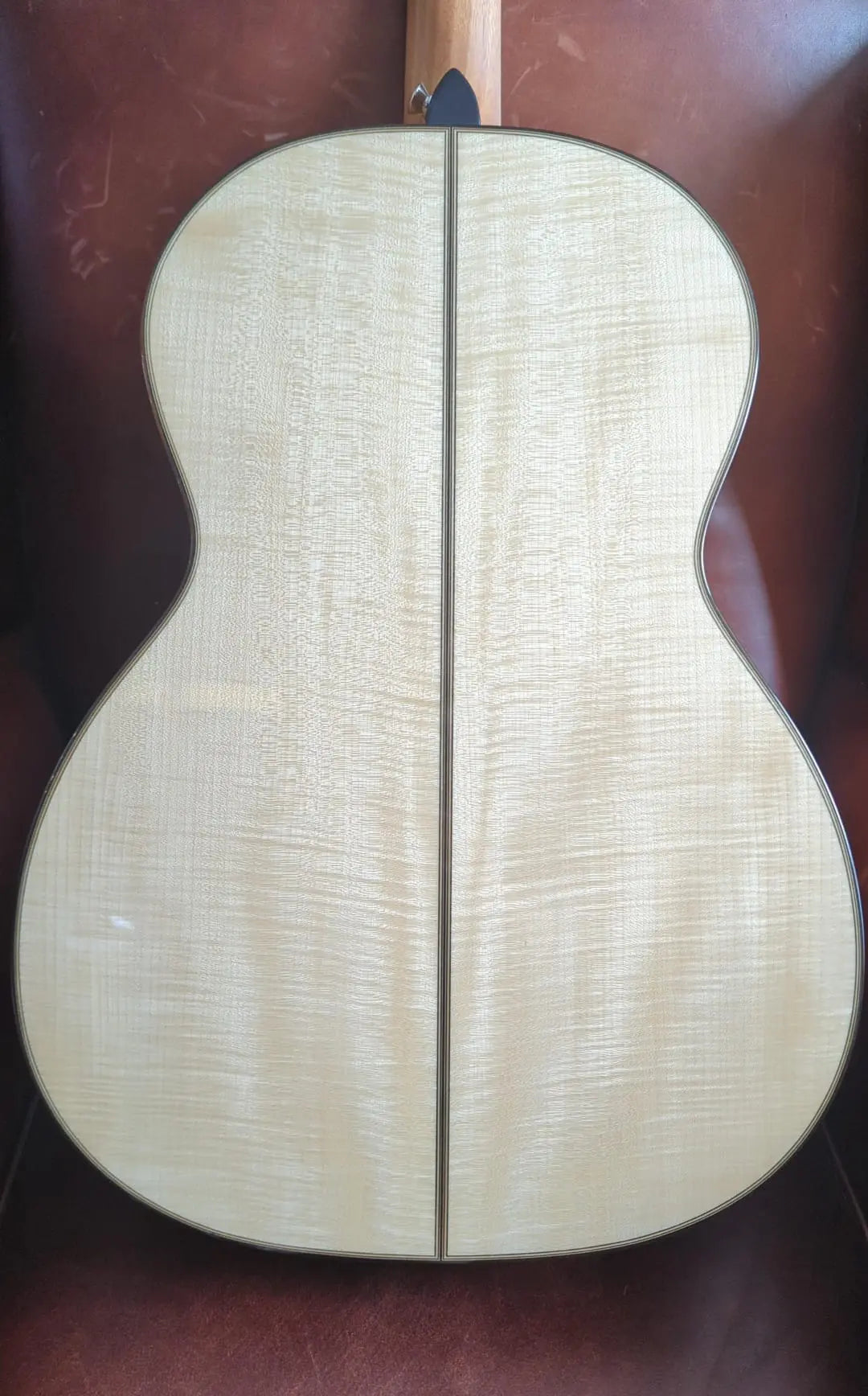
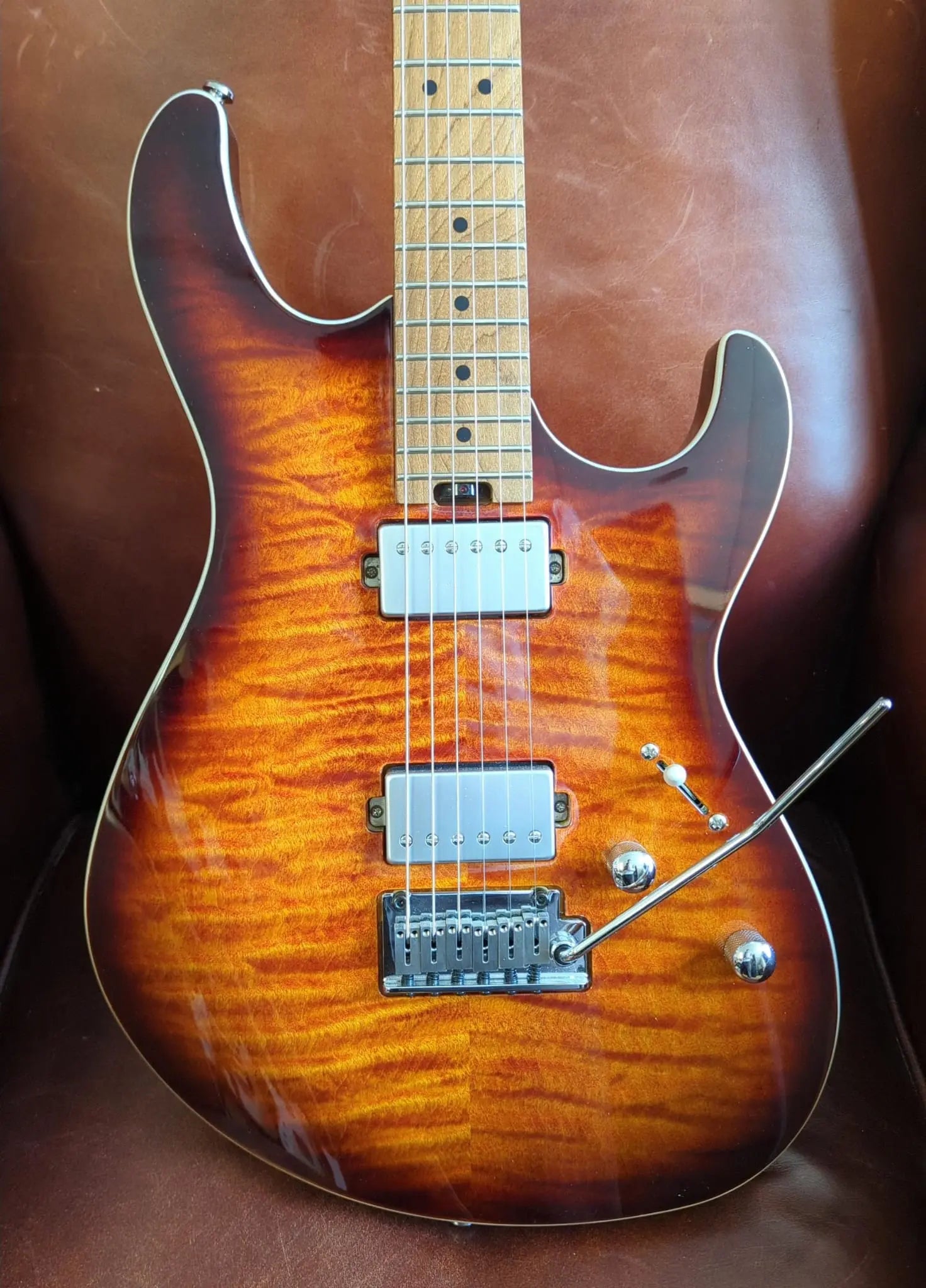
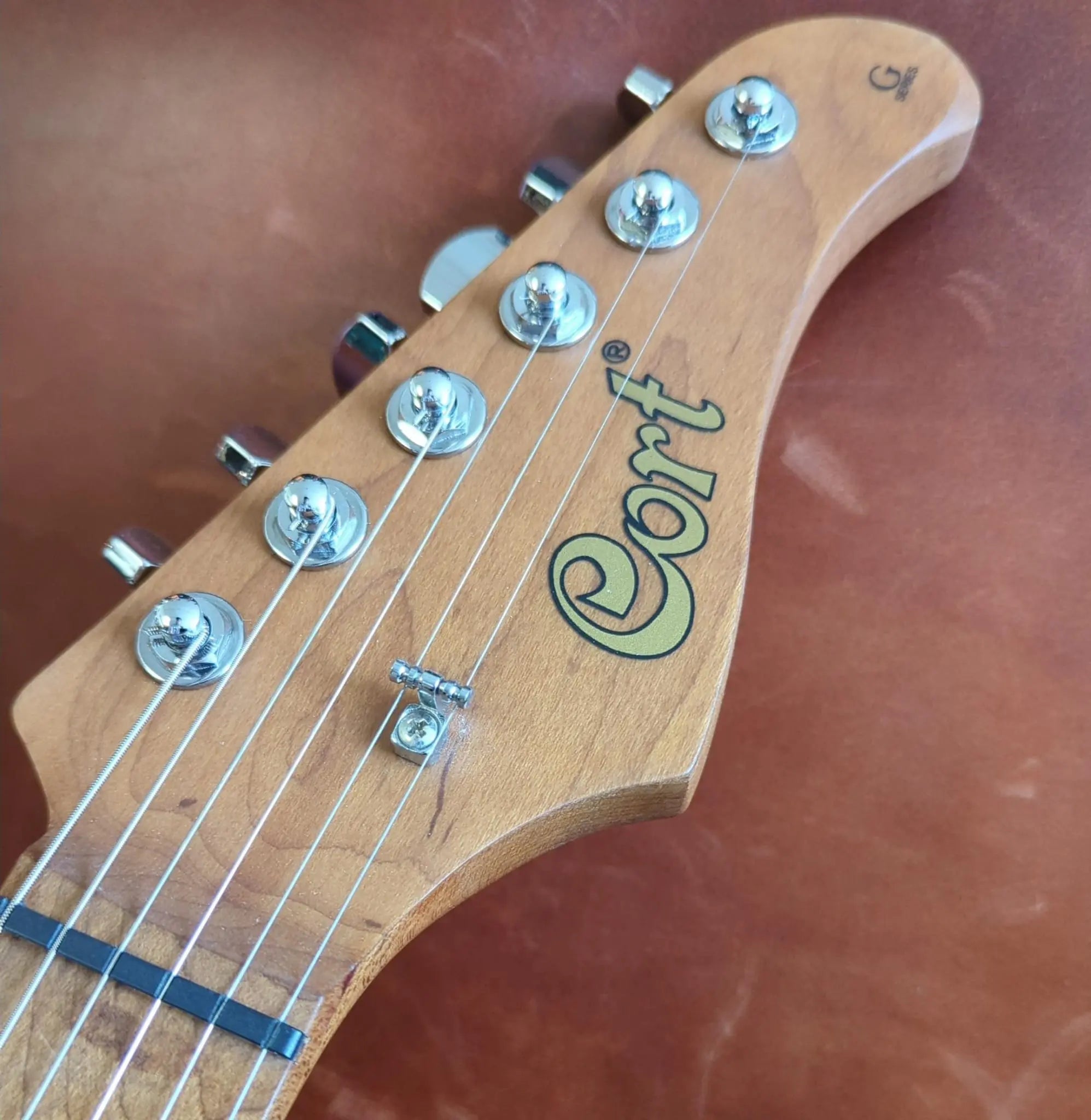
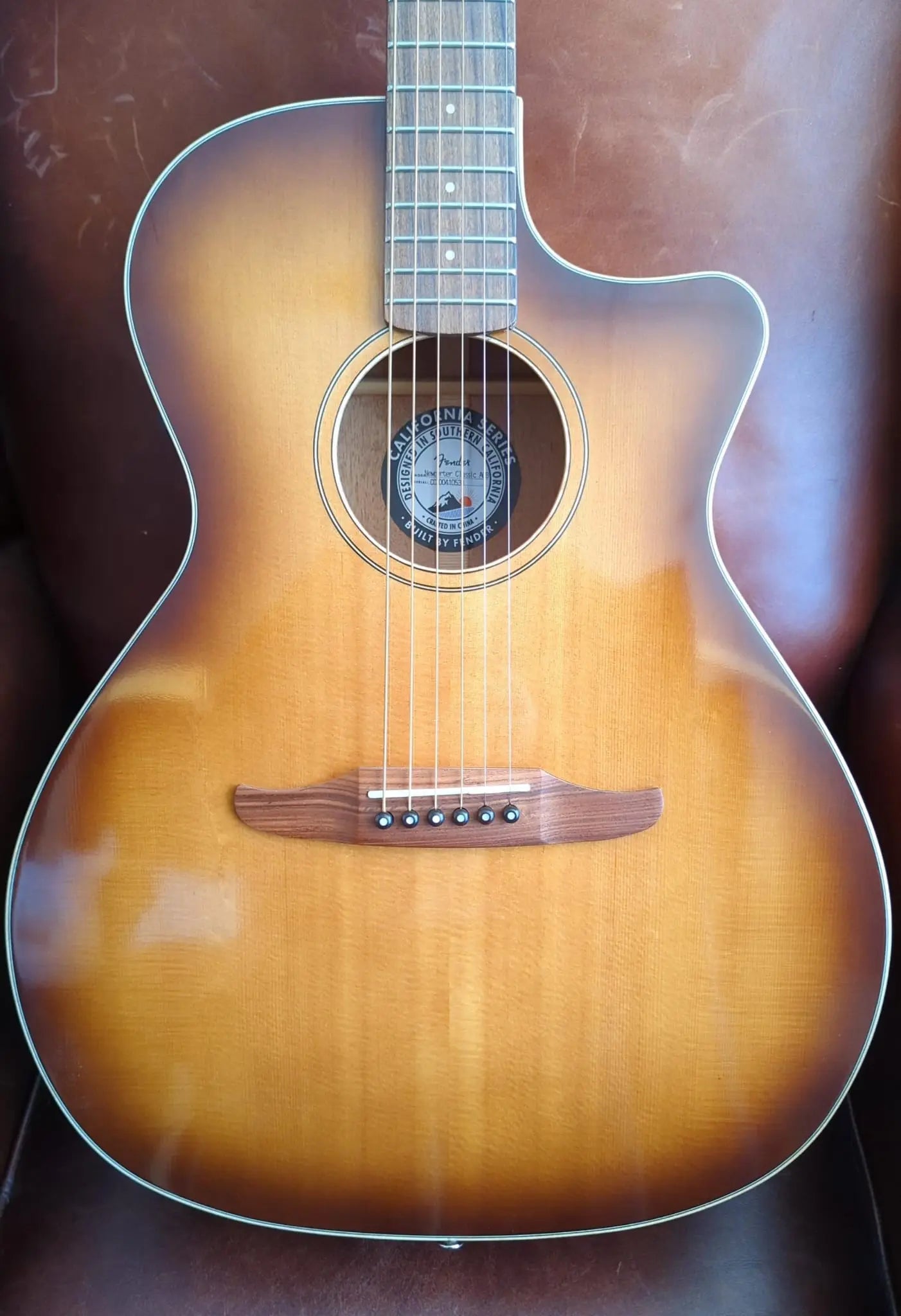
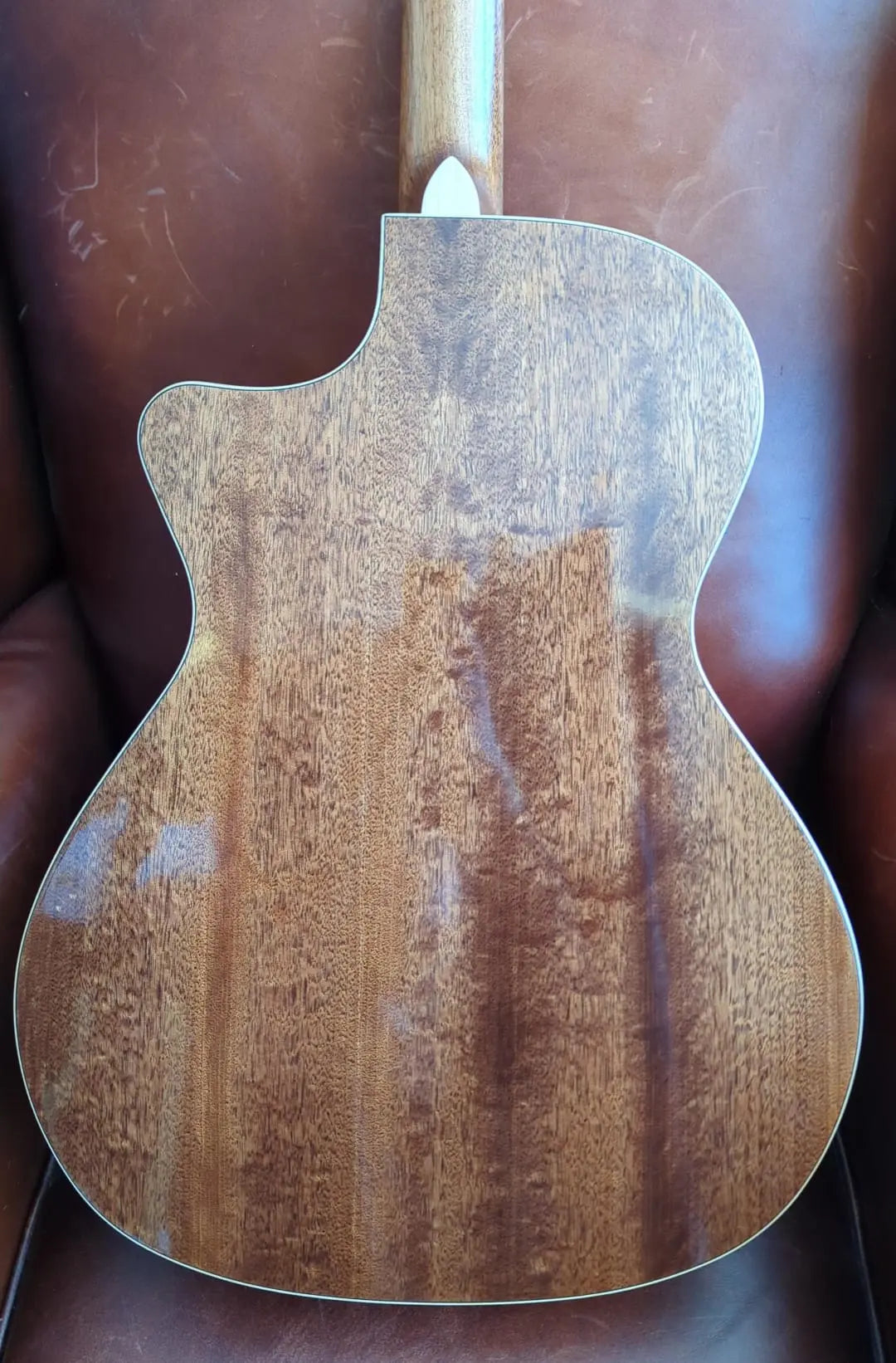
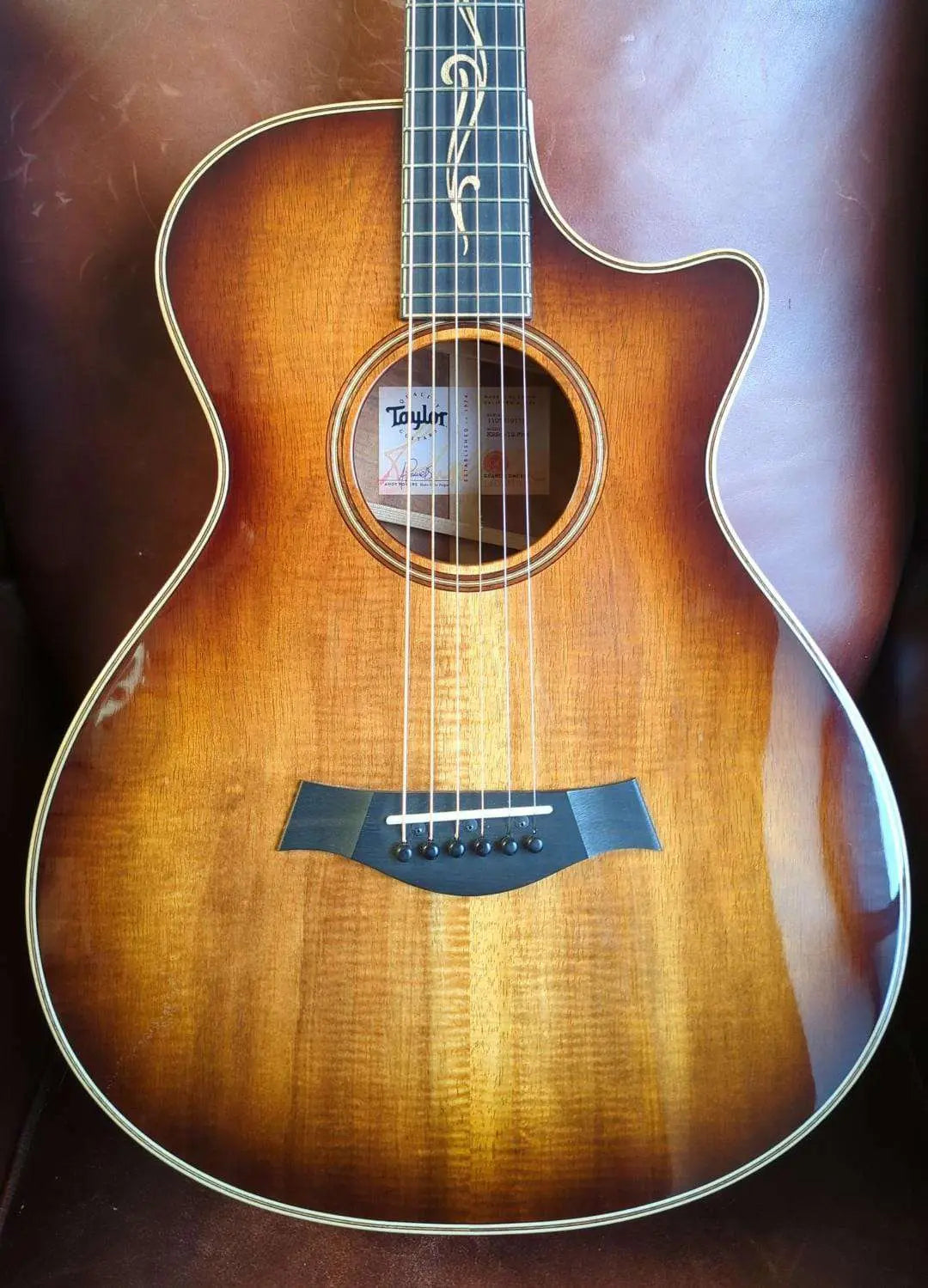
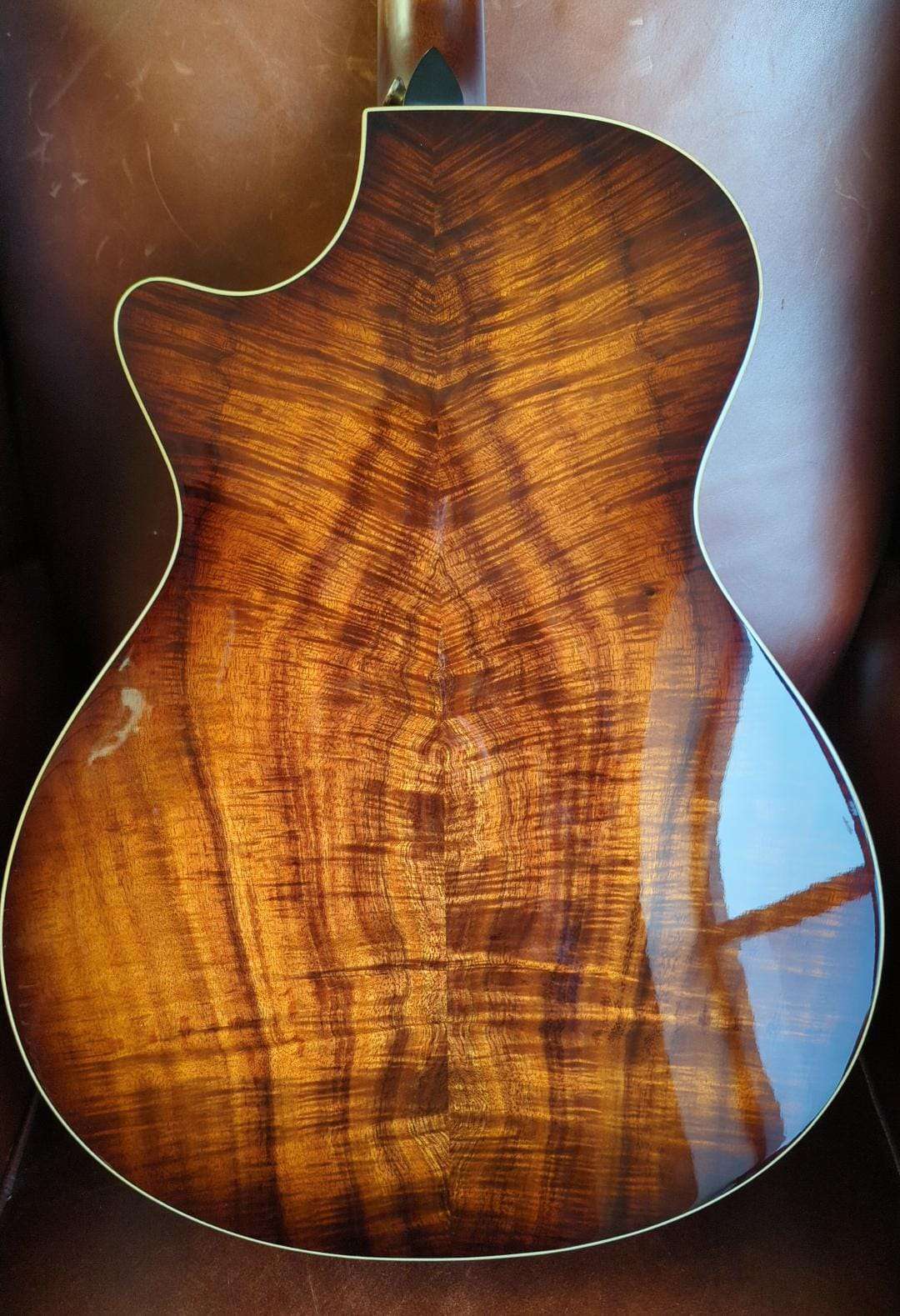
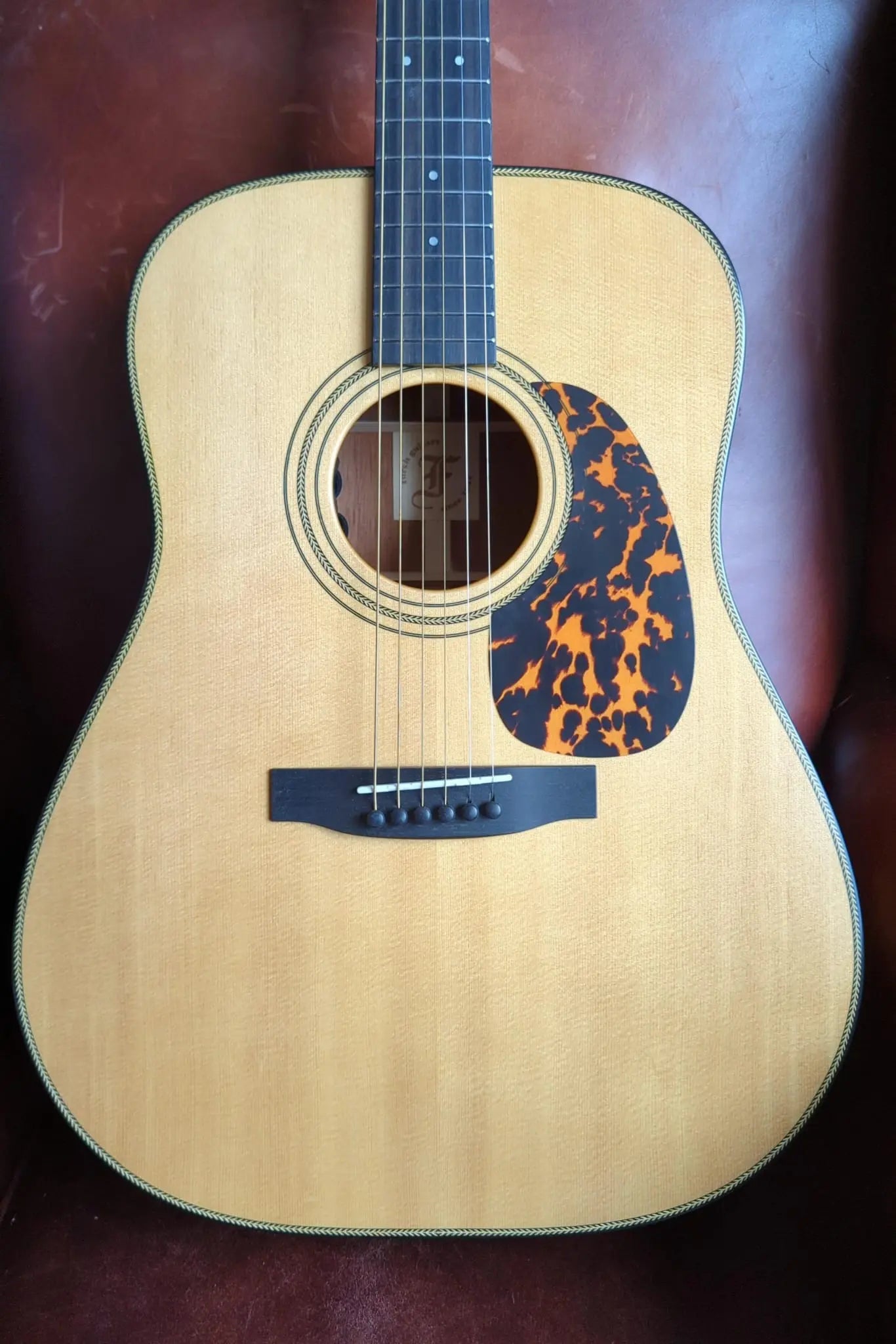
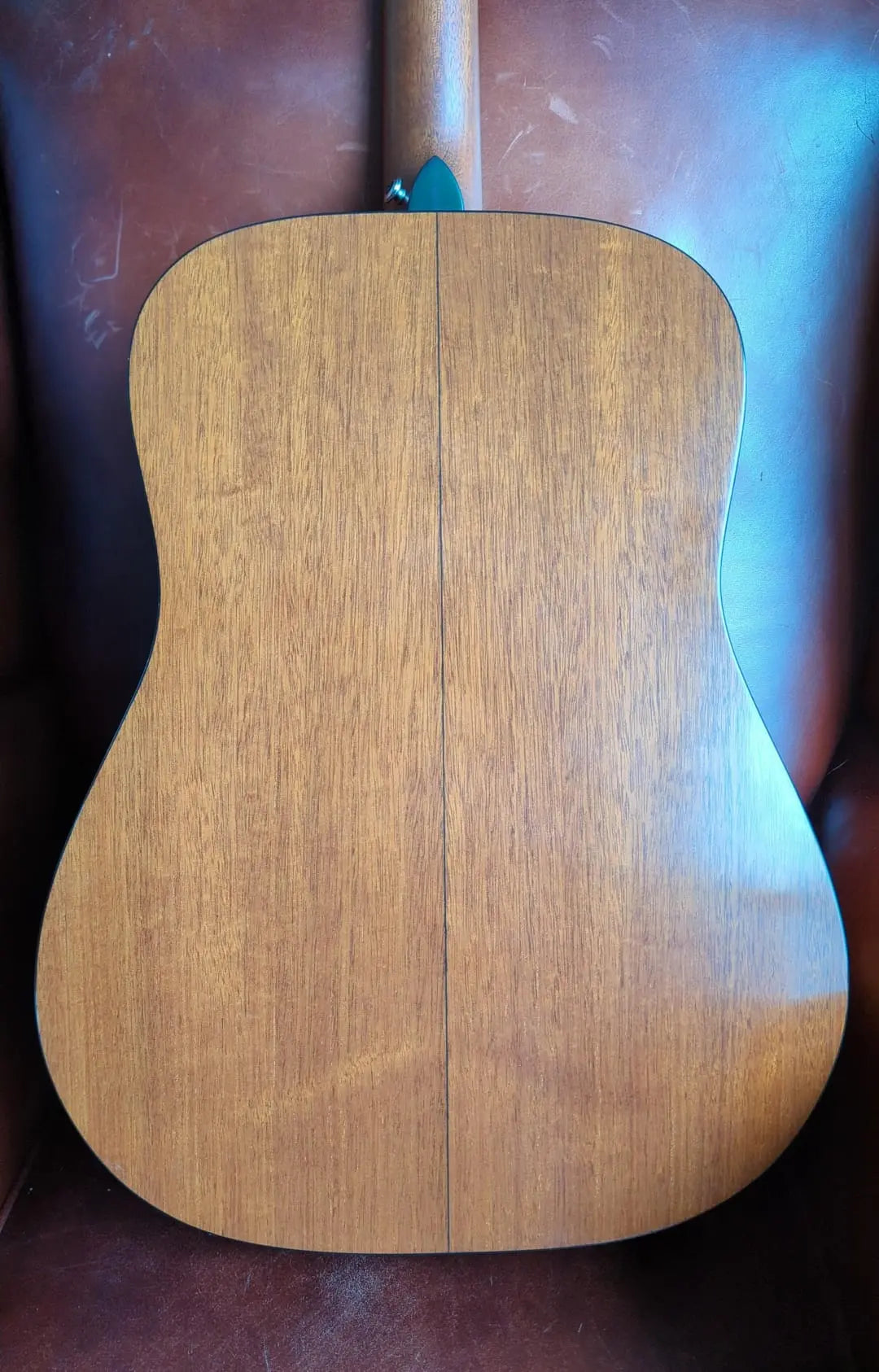
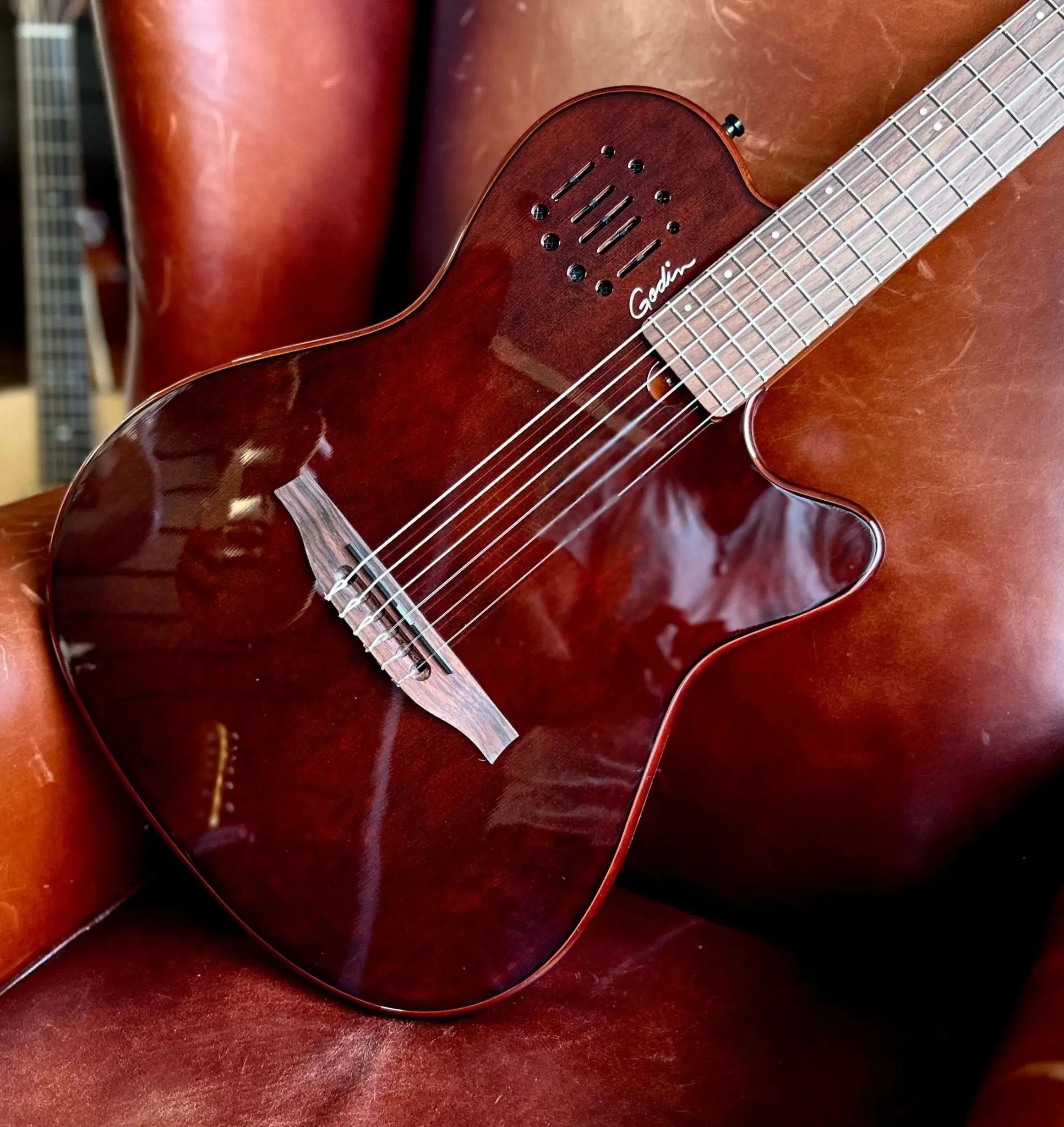
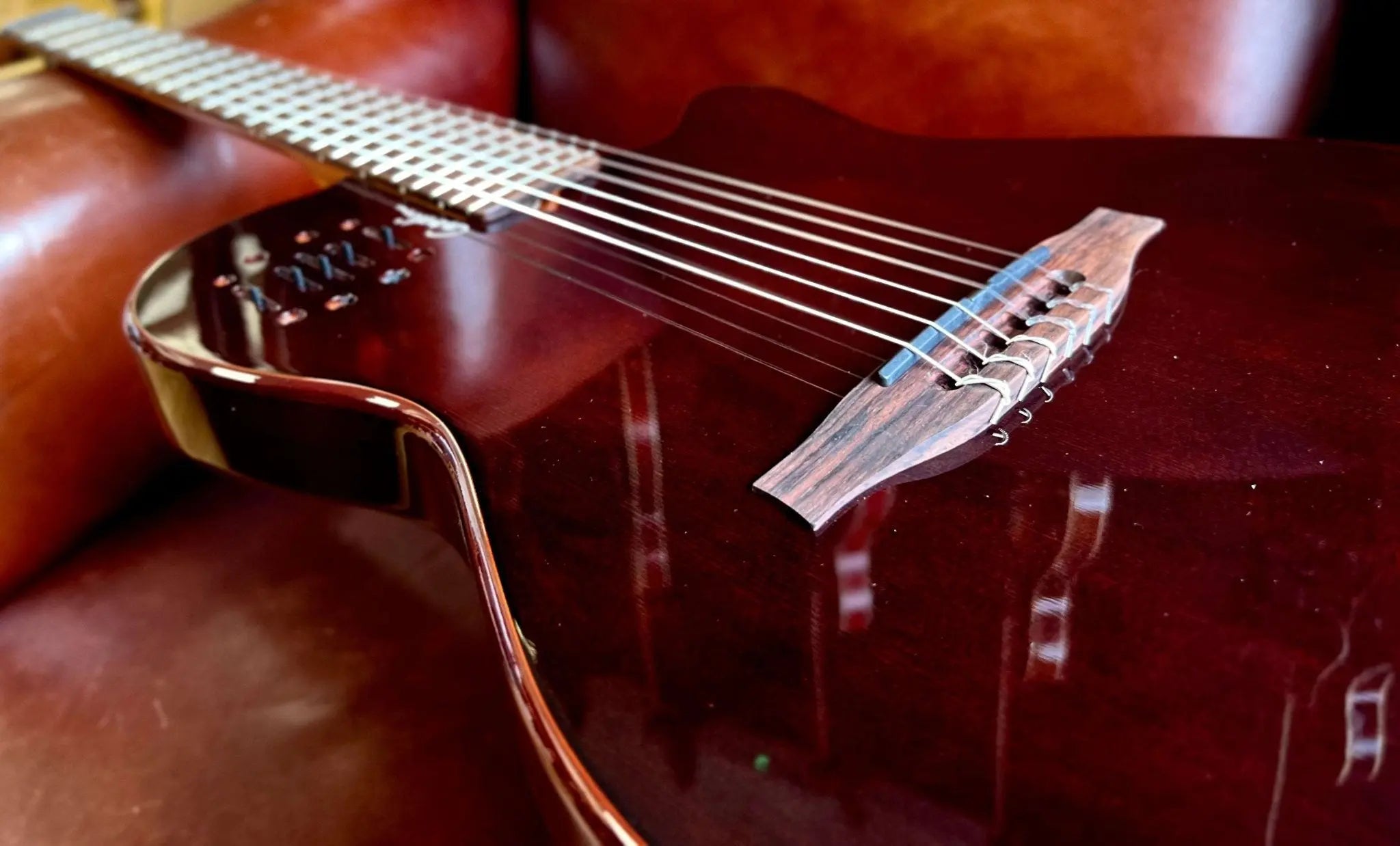
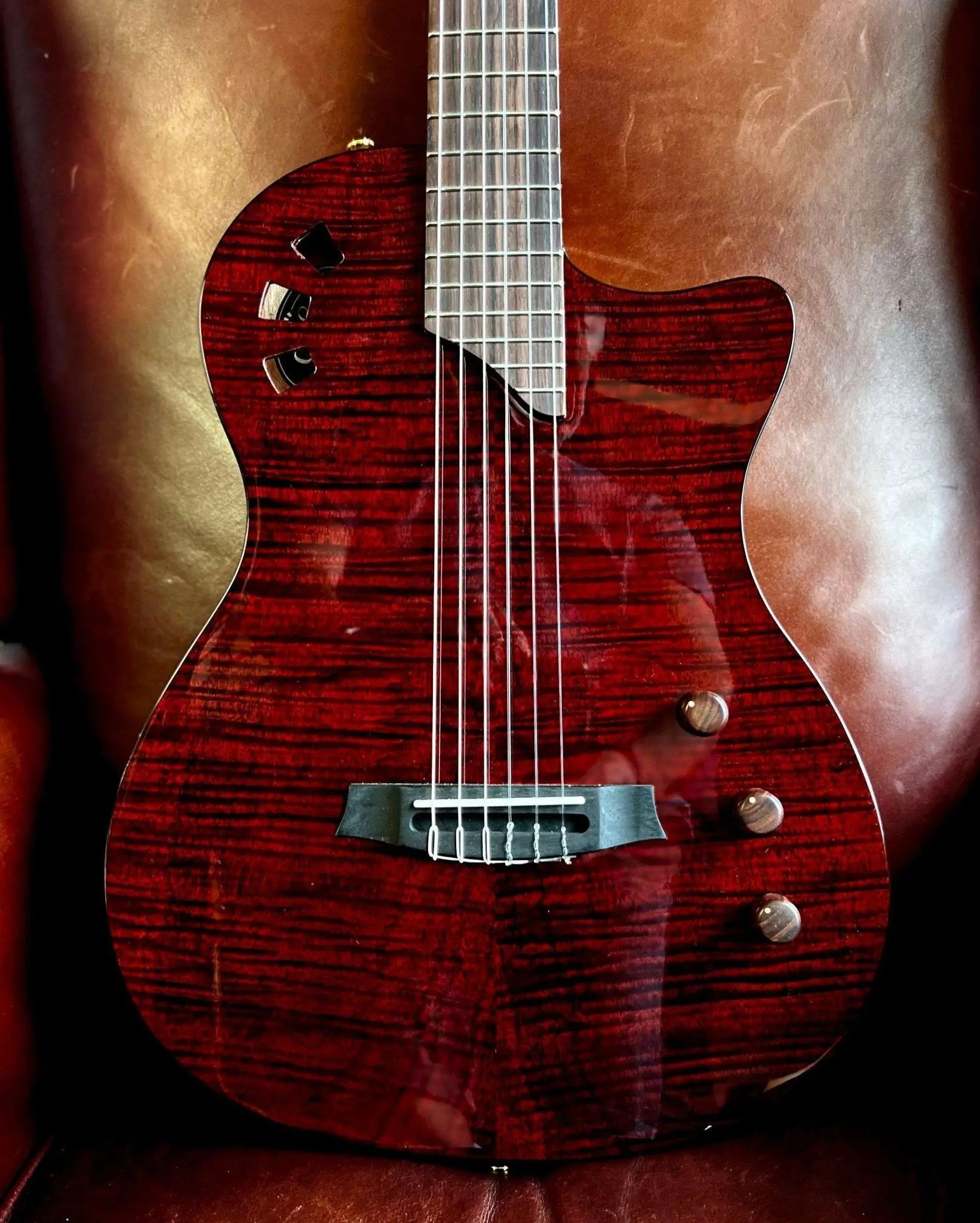
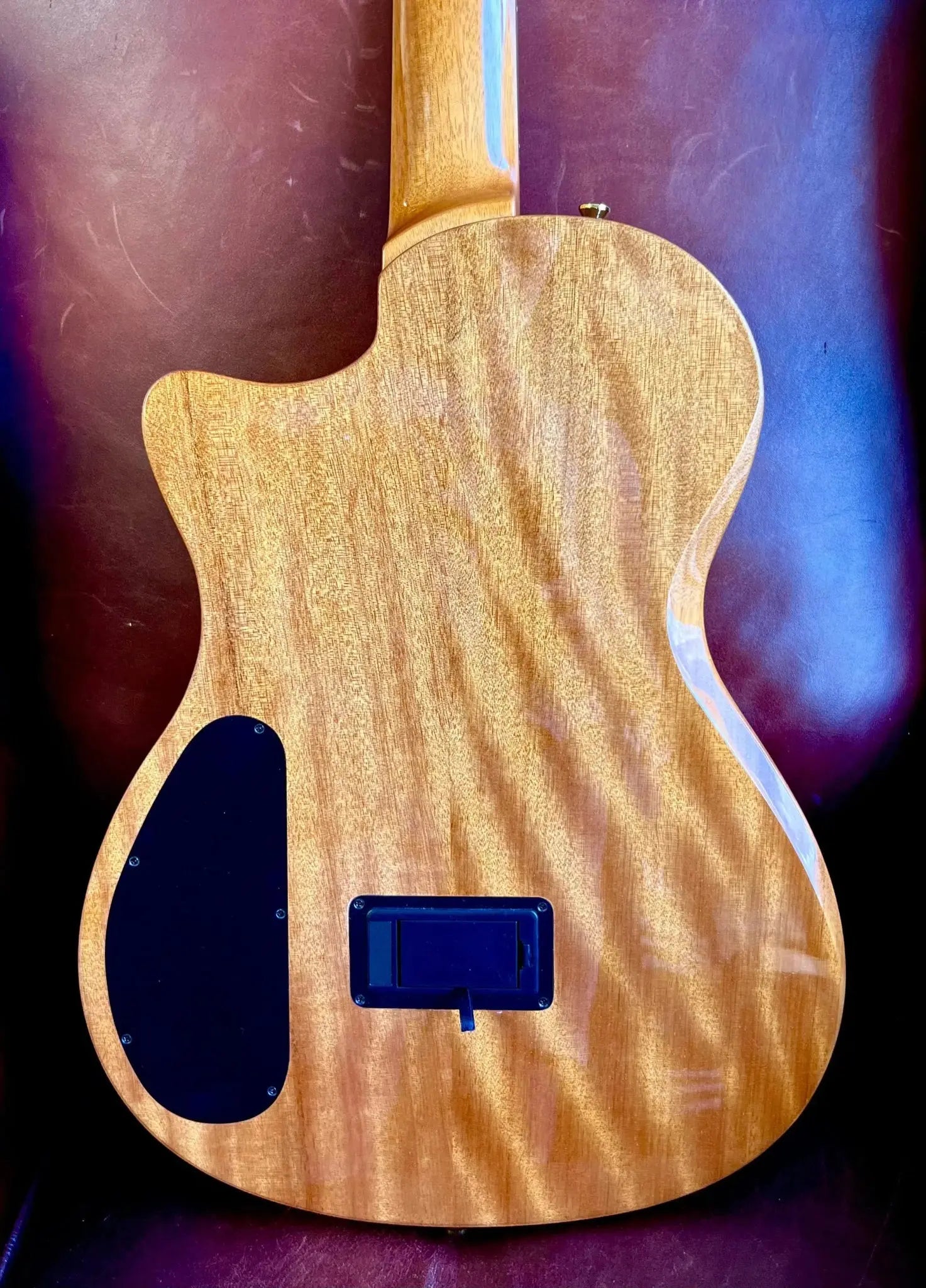
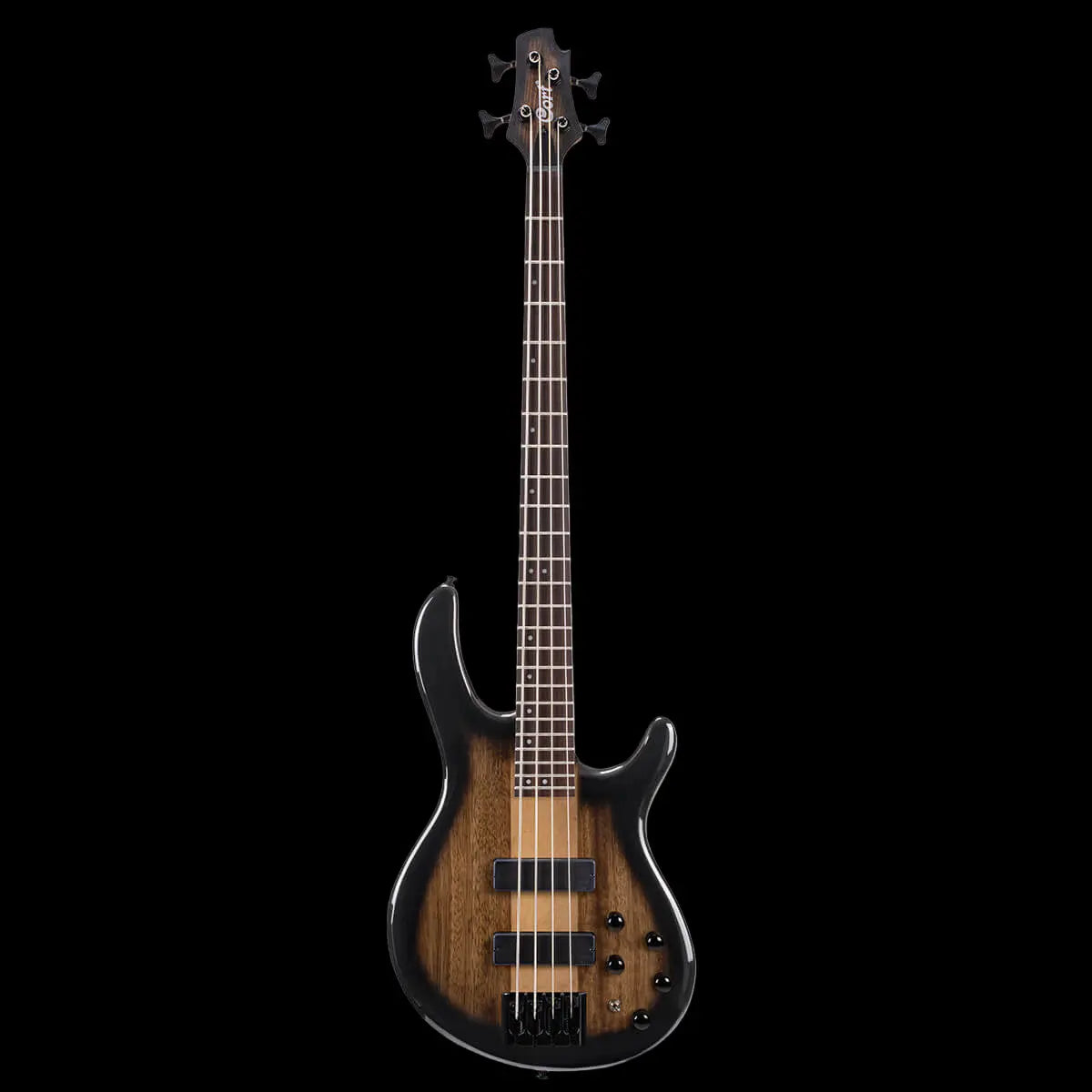


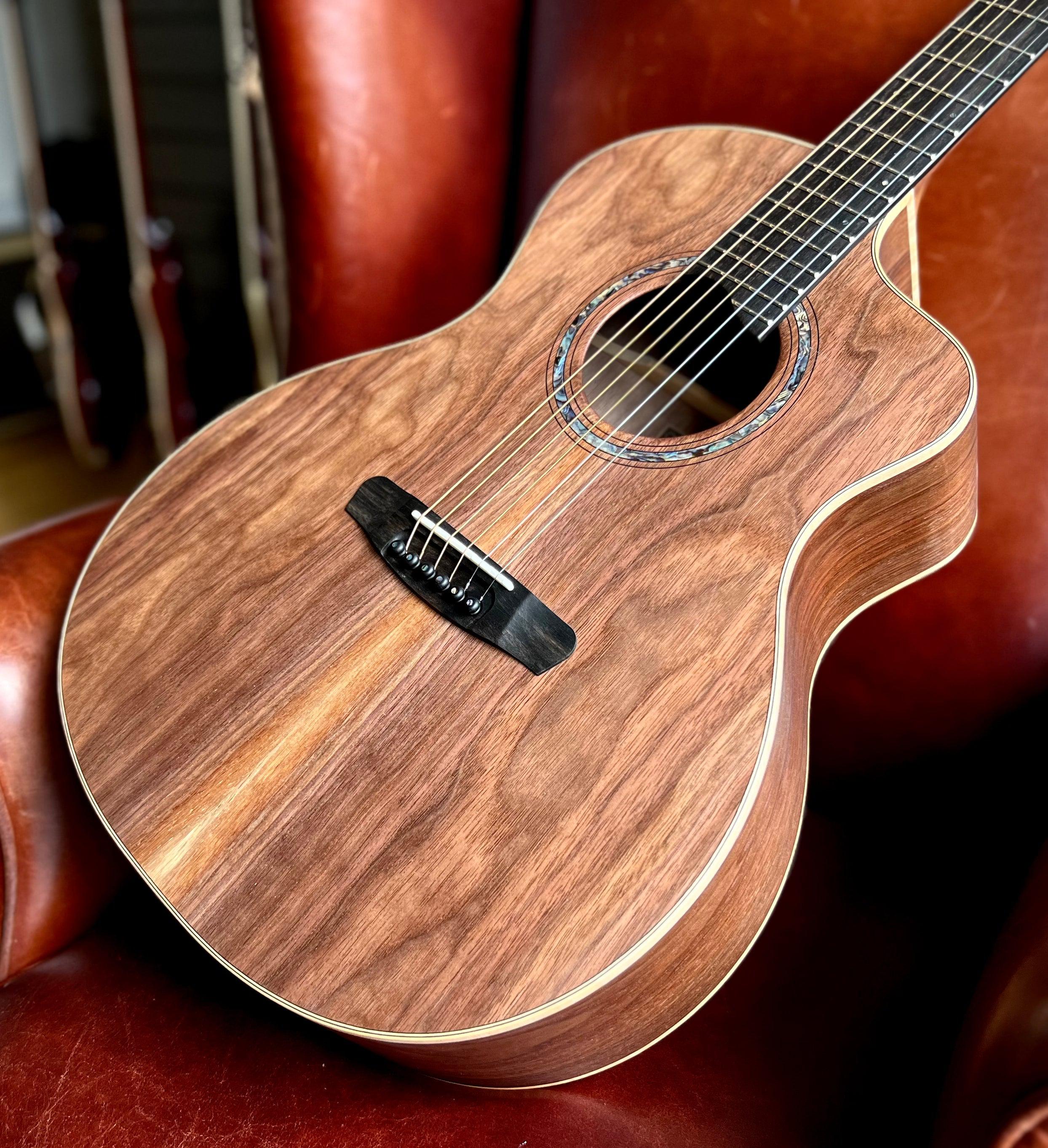
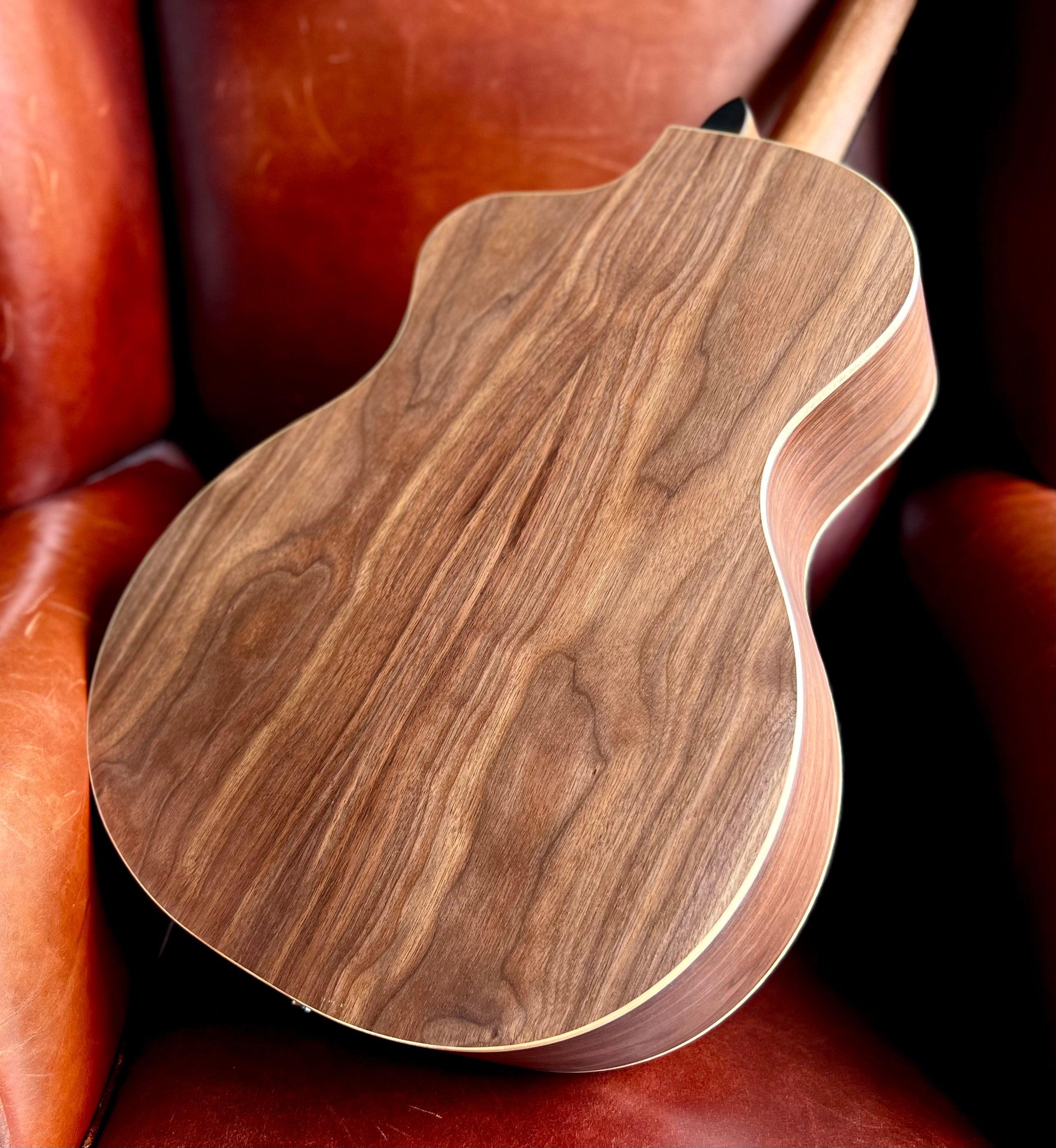
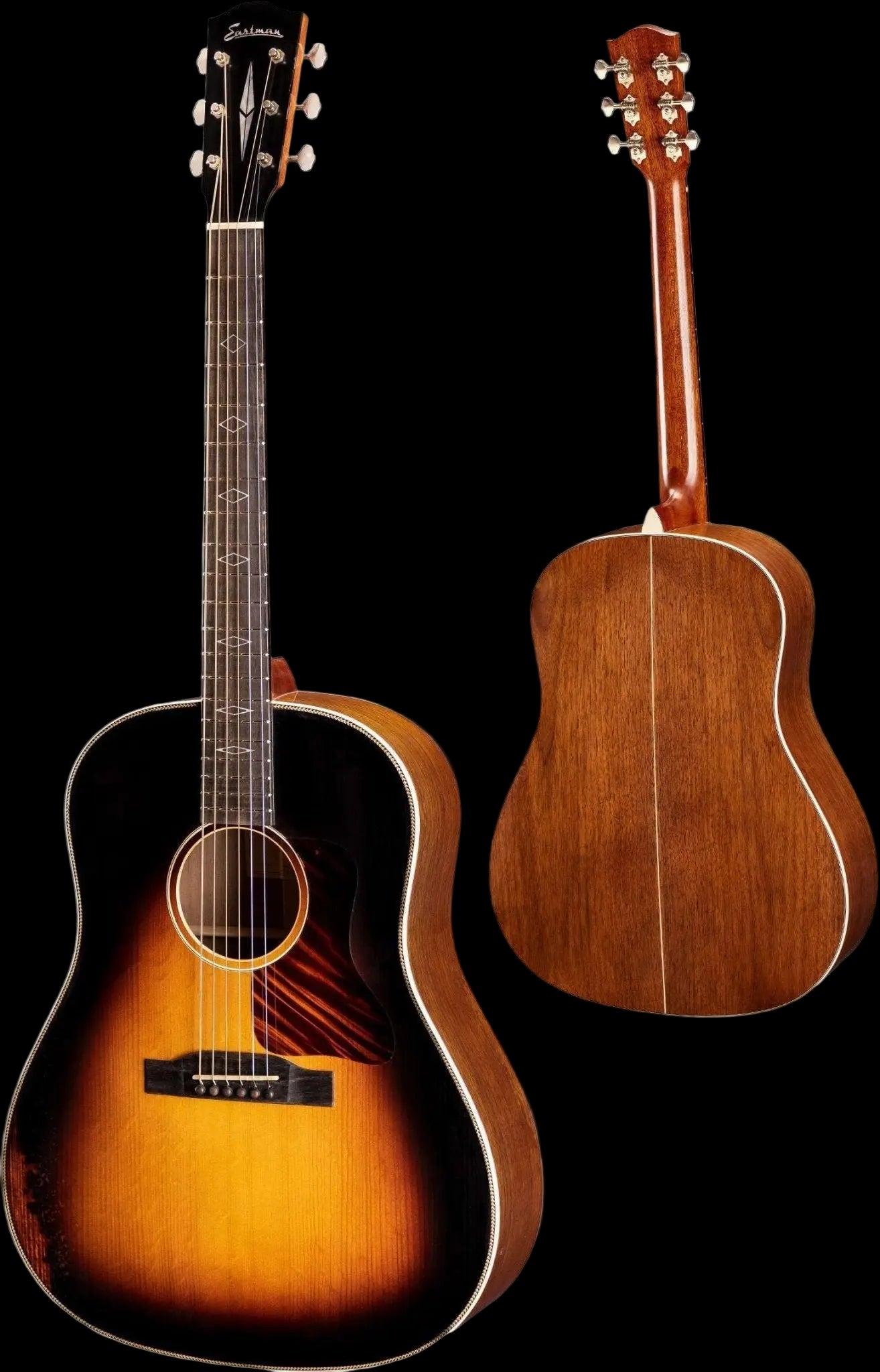

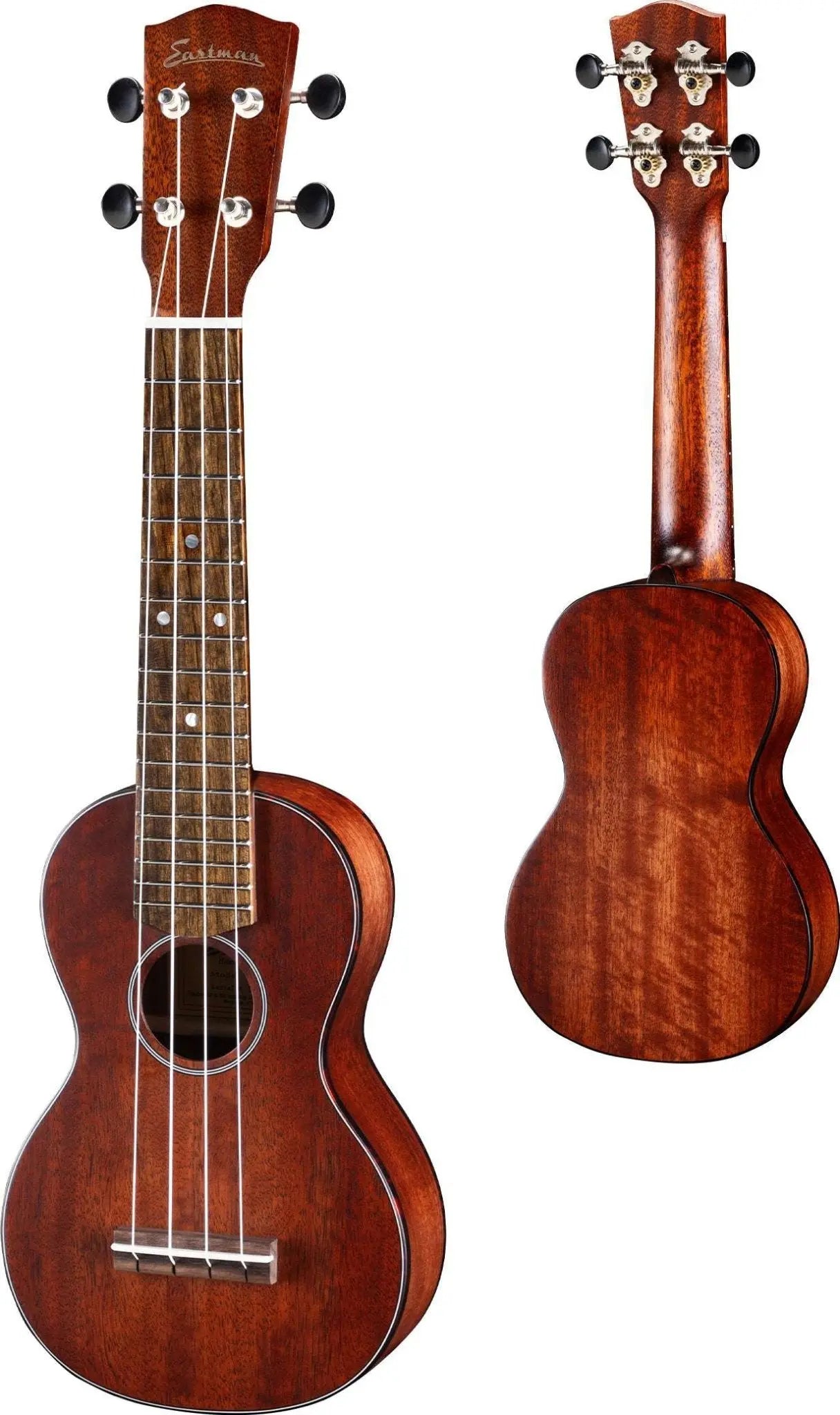
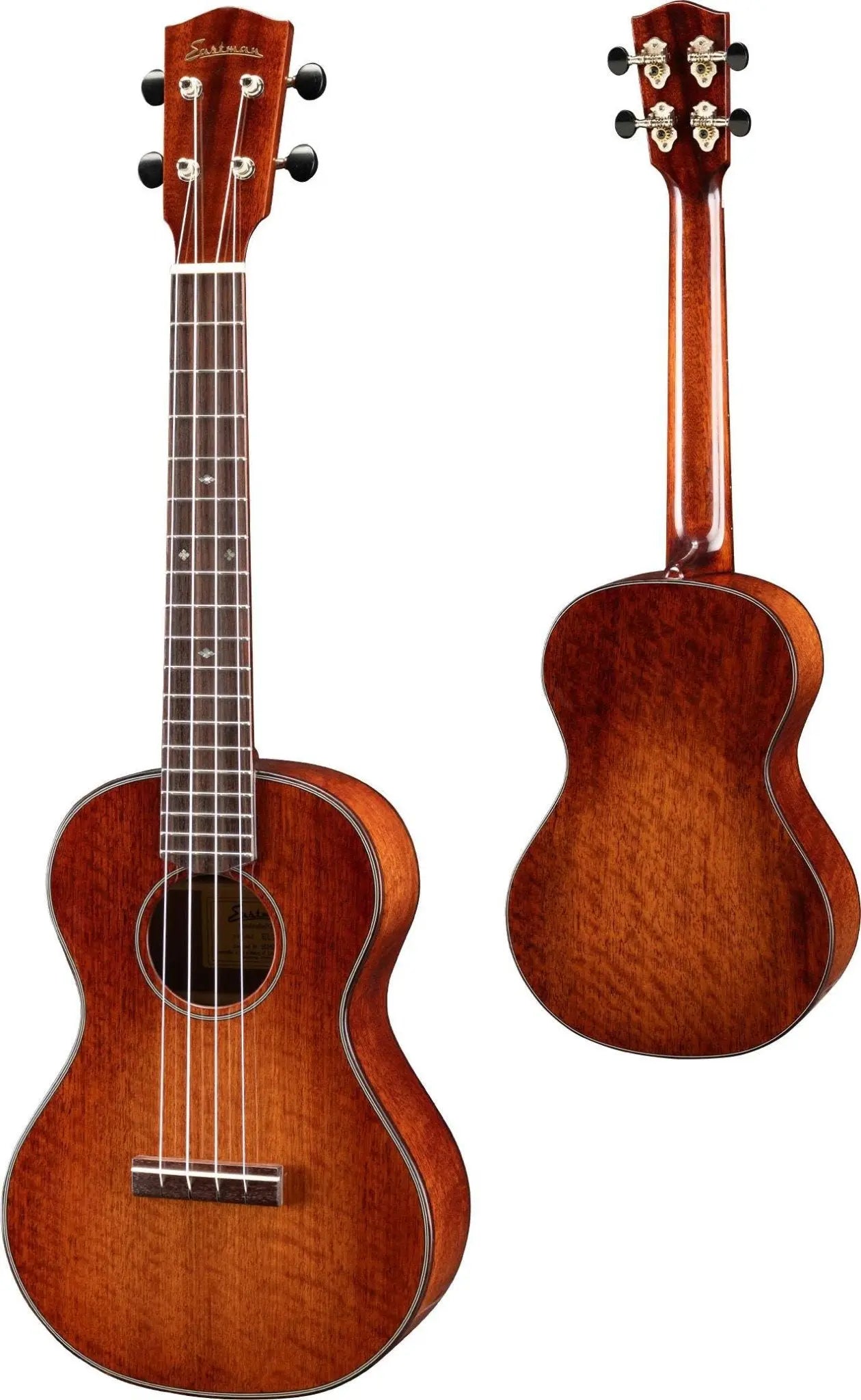
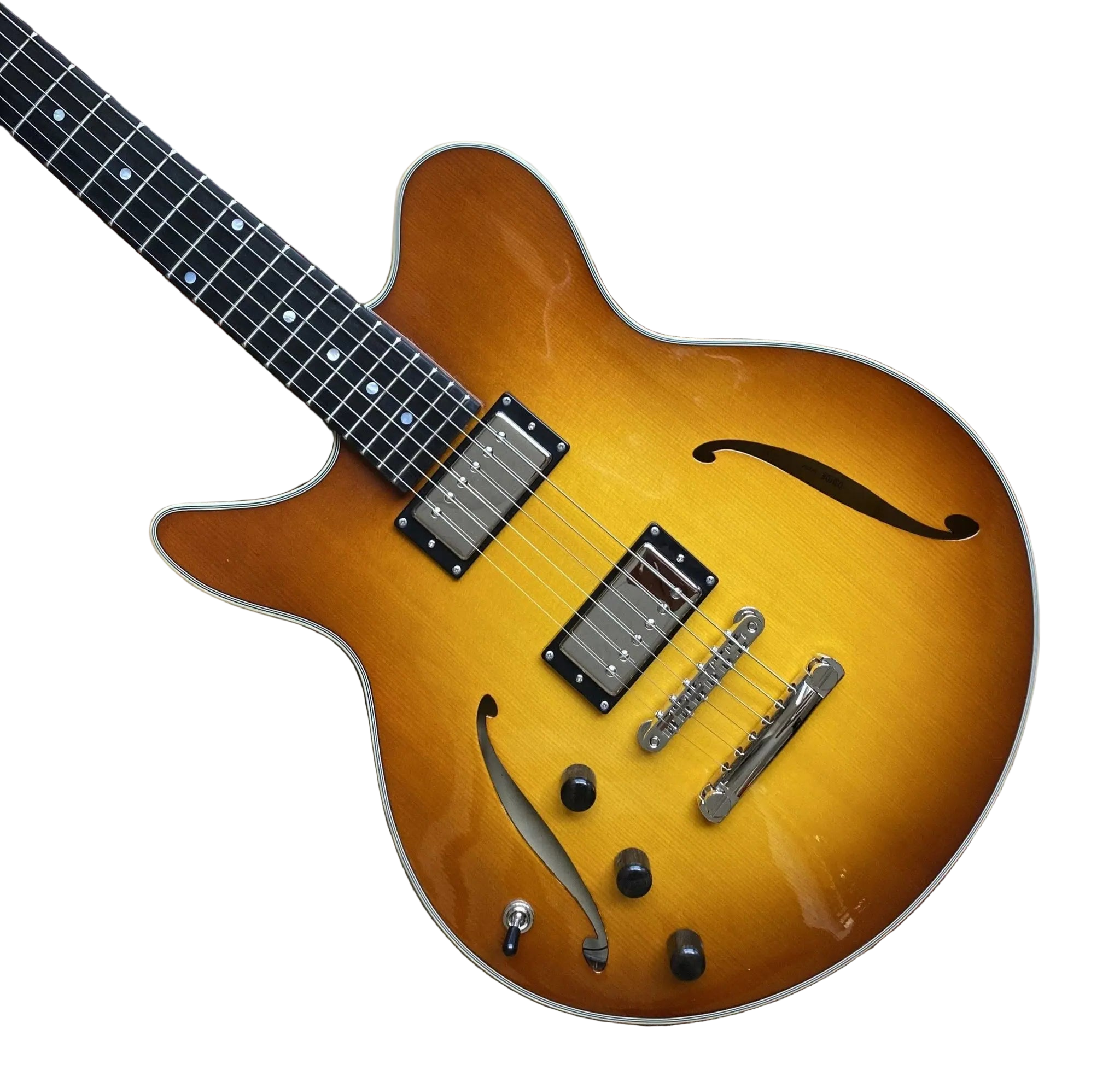
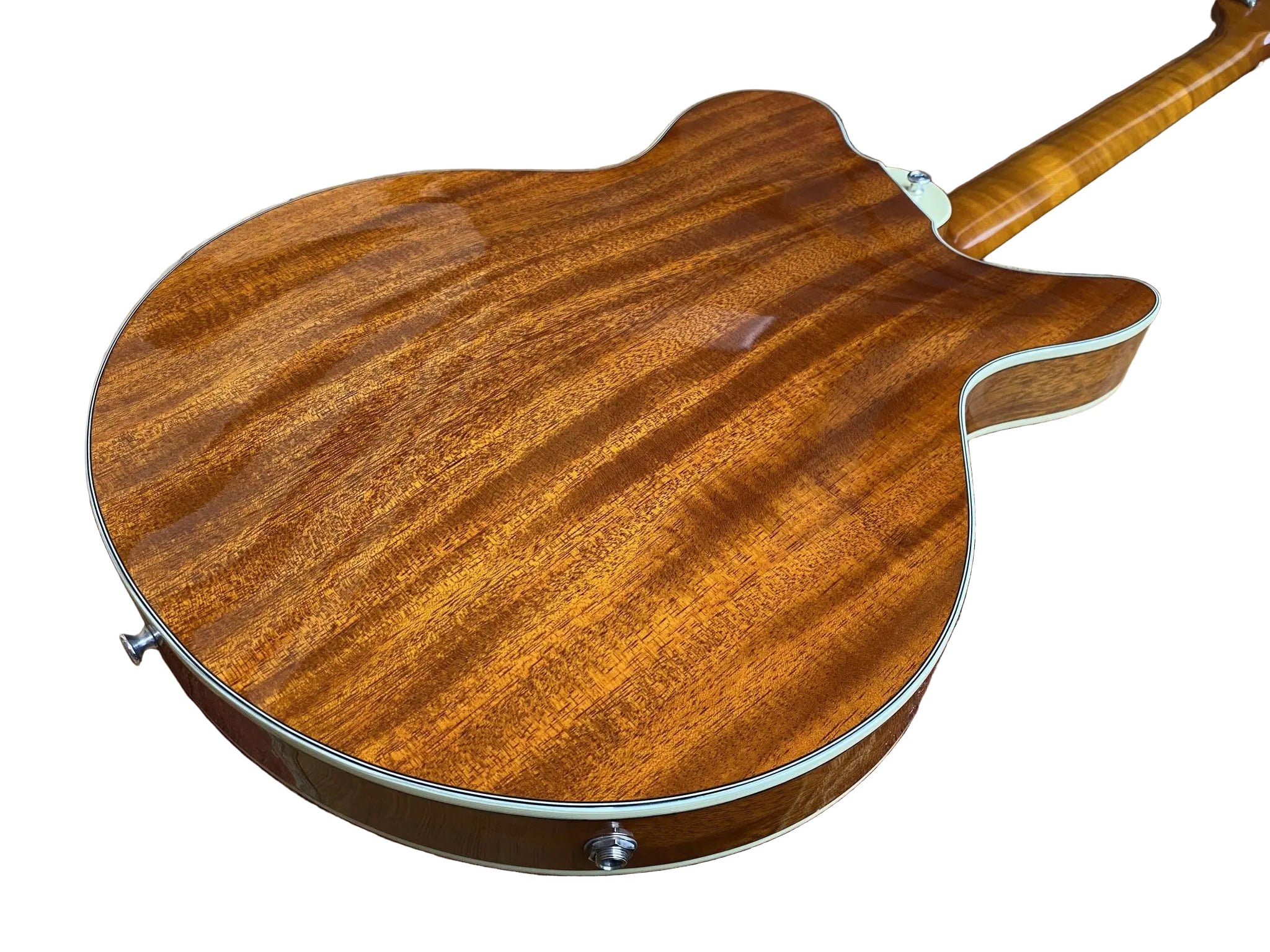


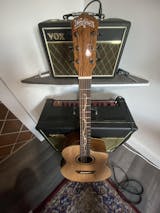

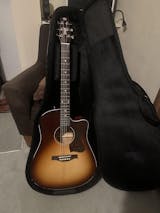








Leave a comment
This site is protected by hCaptcha and the hCaptcha Privacy Policy and Terms of Service apply.